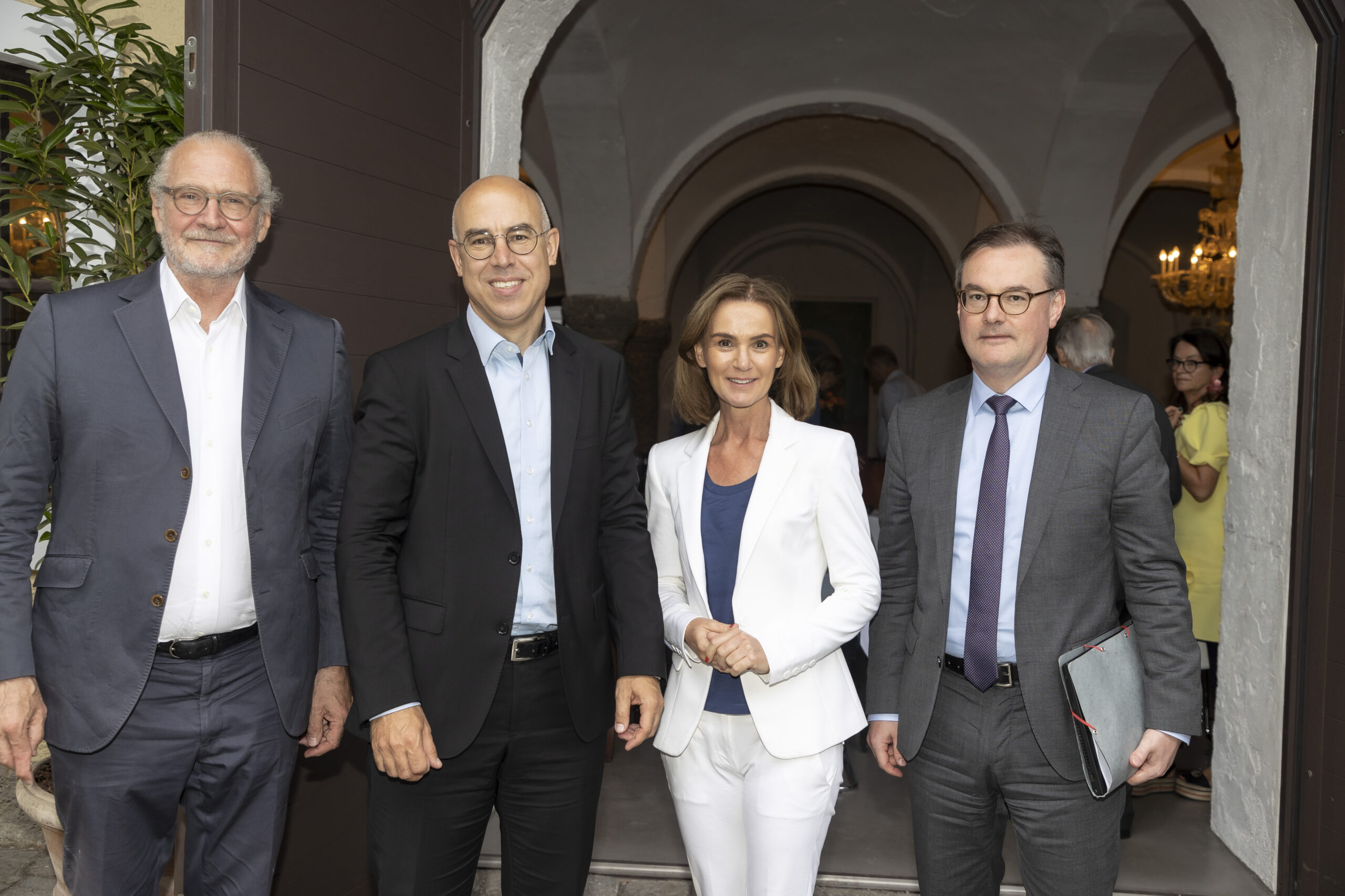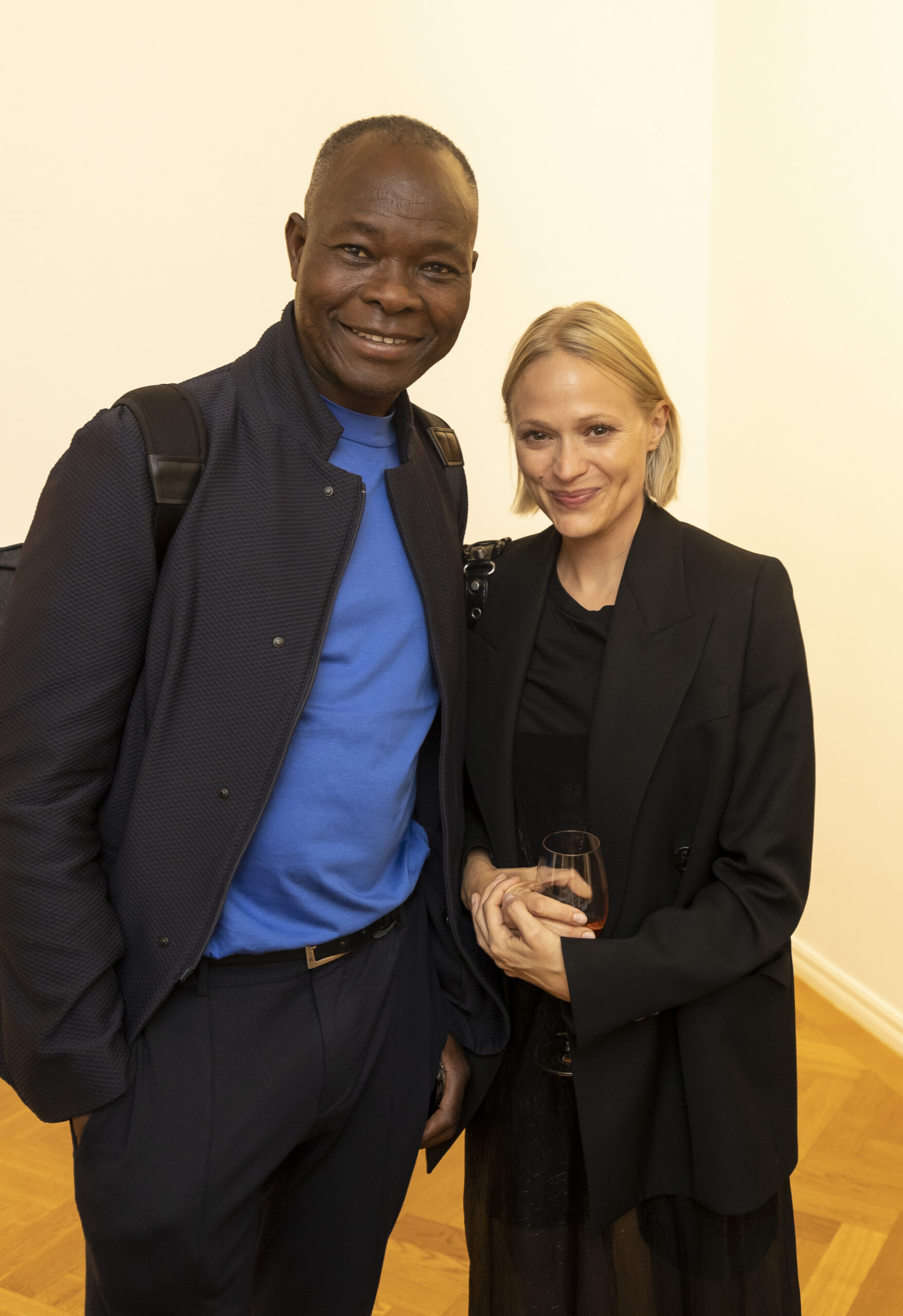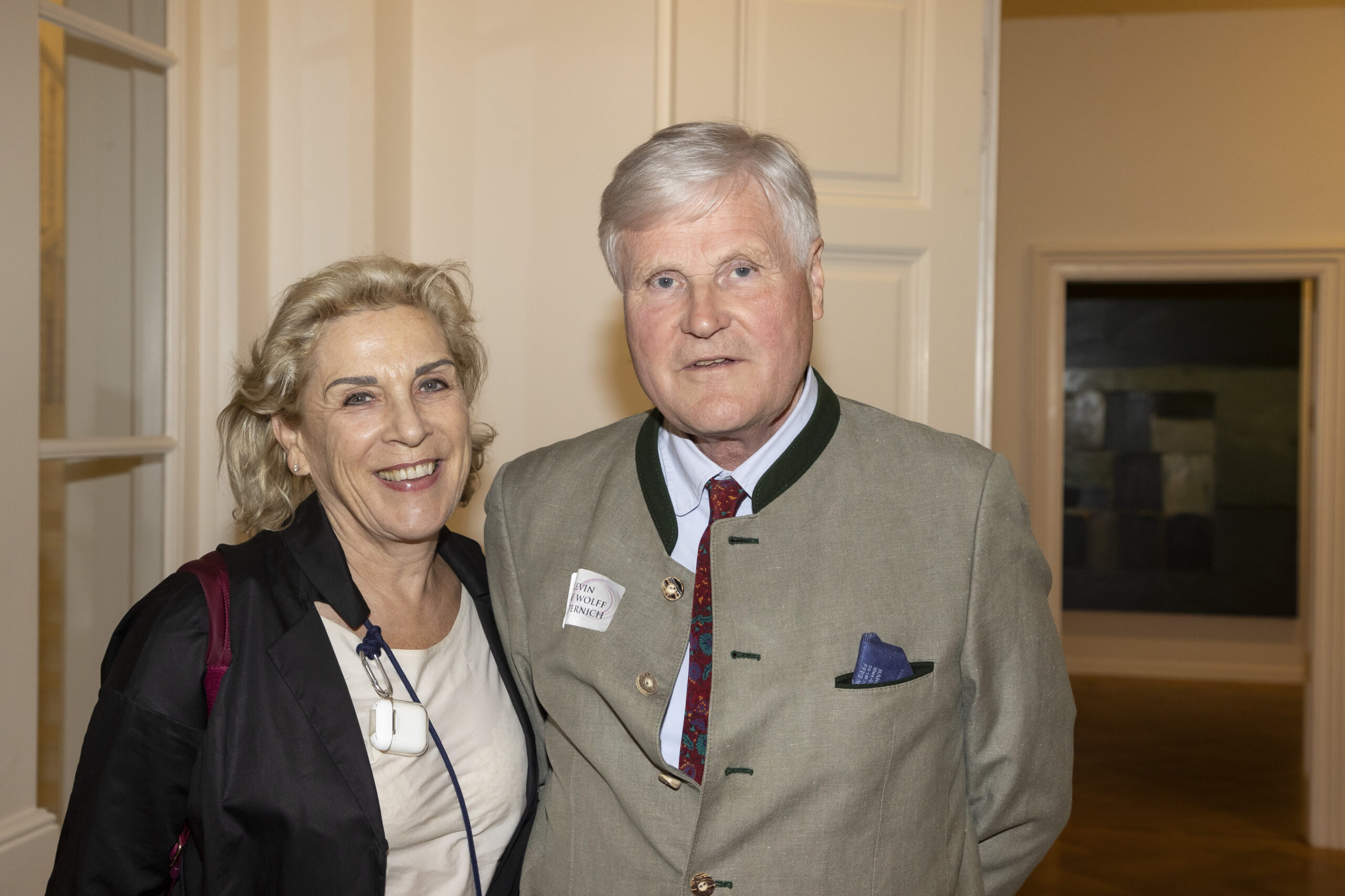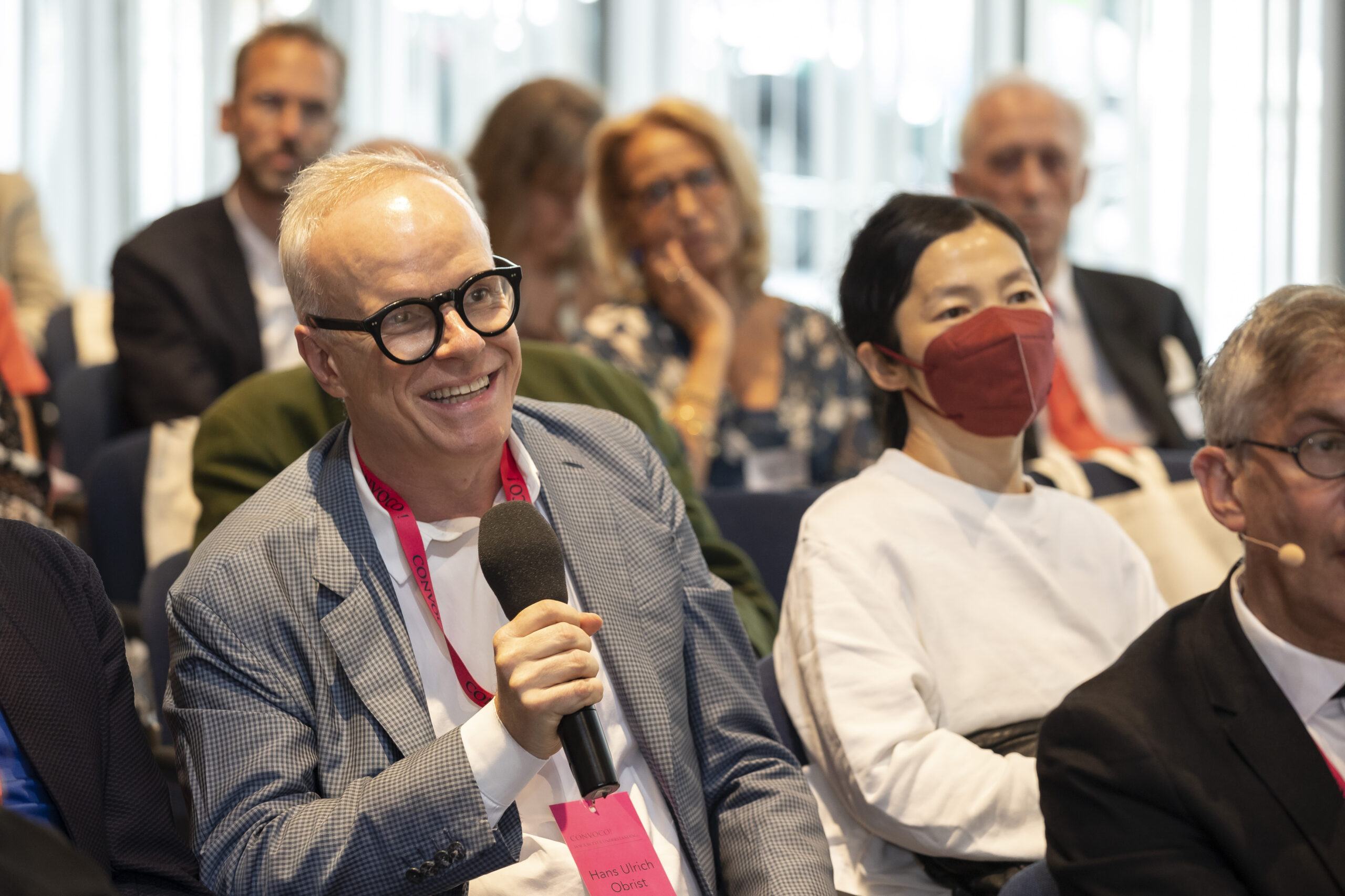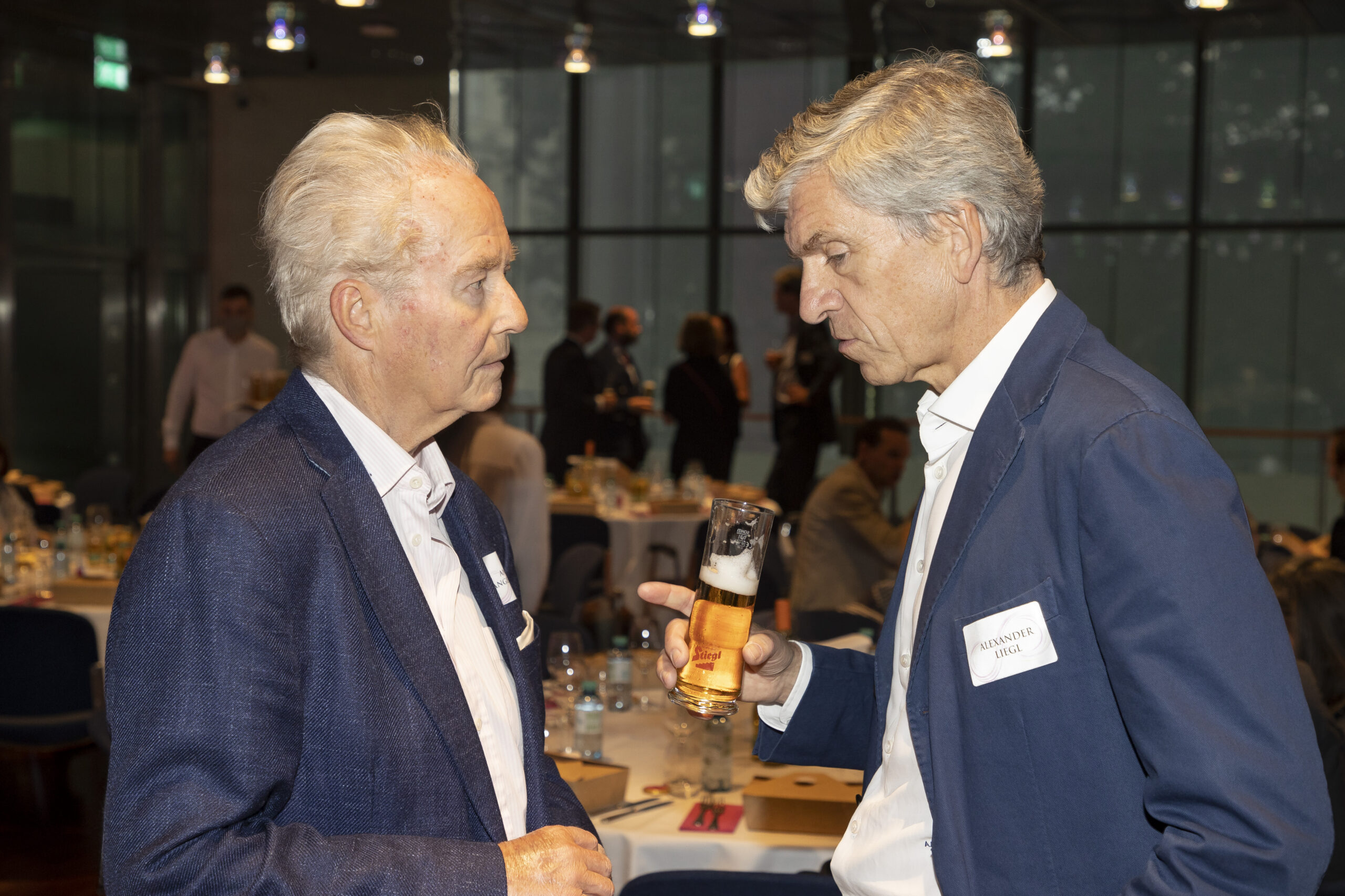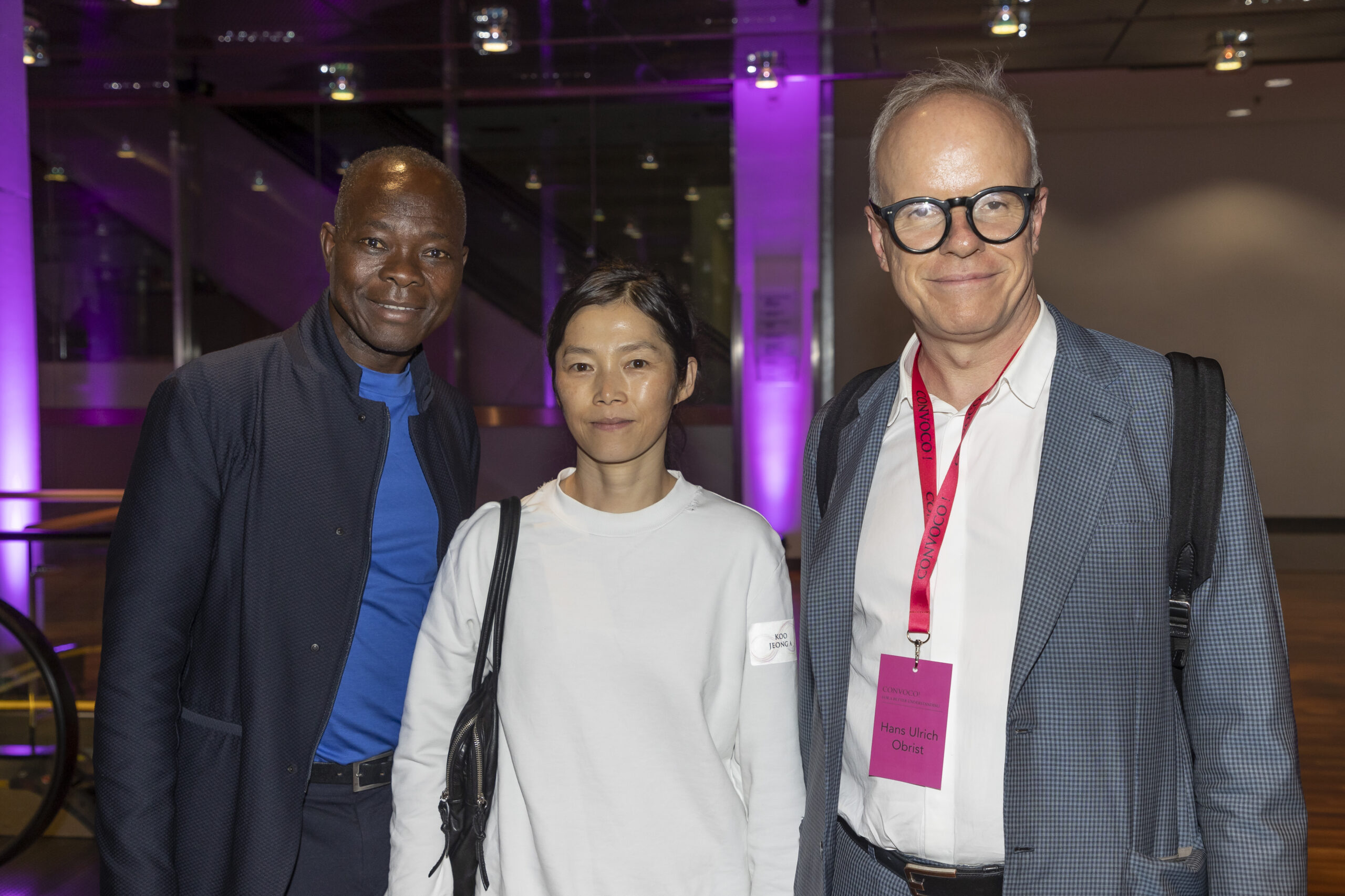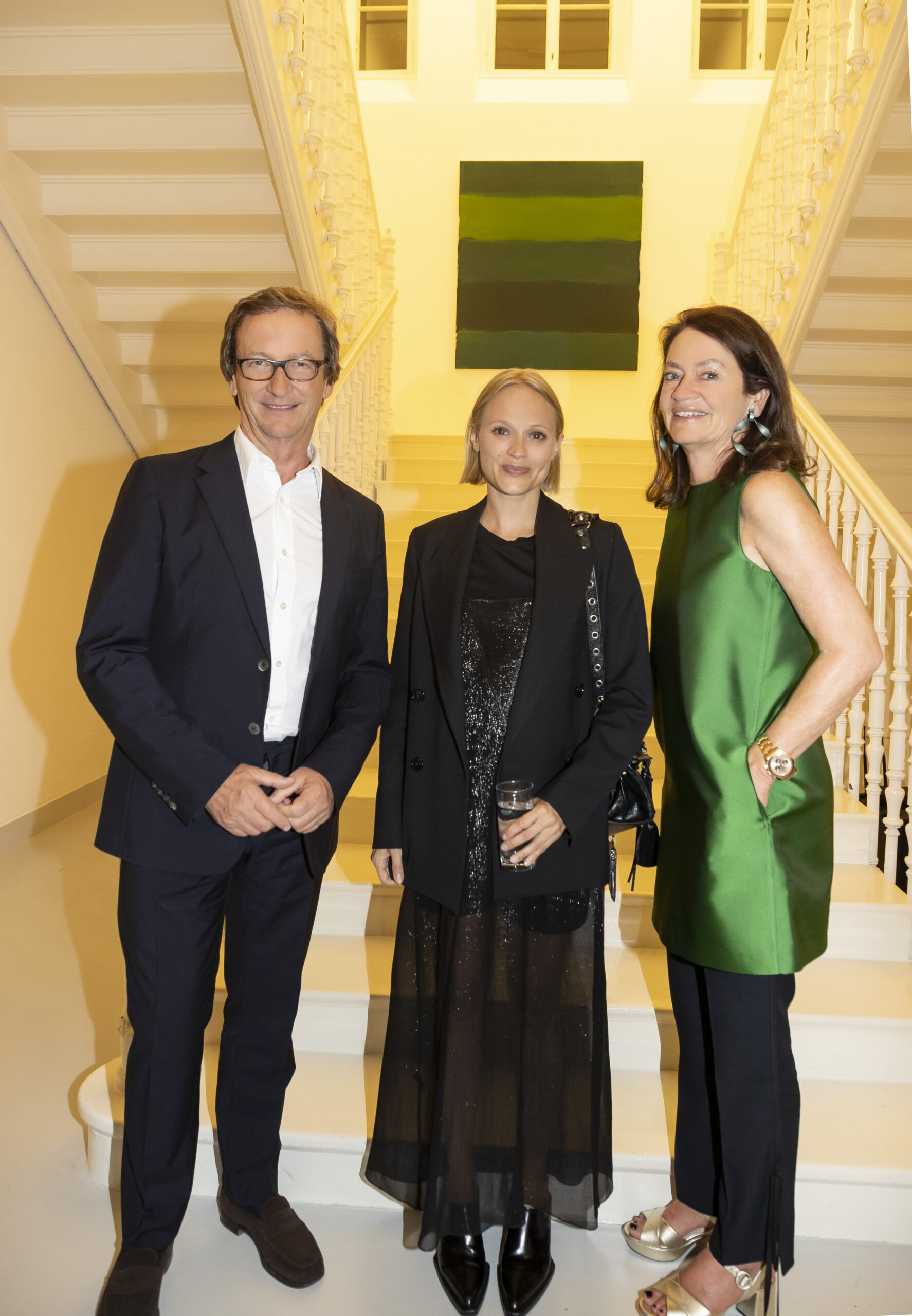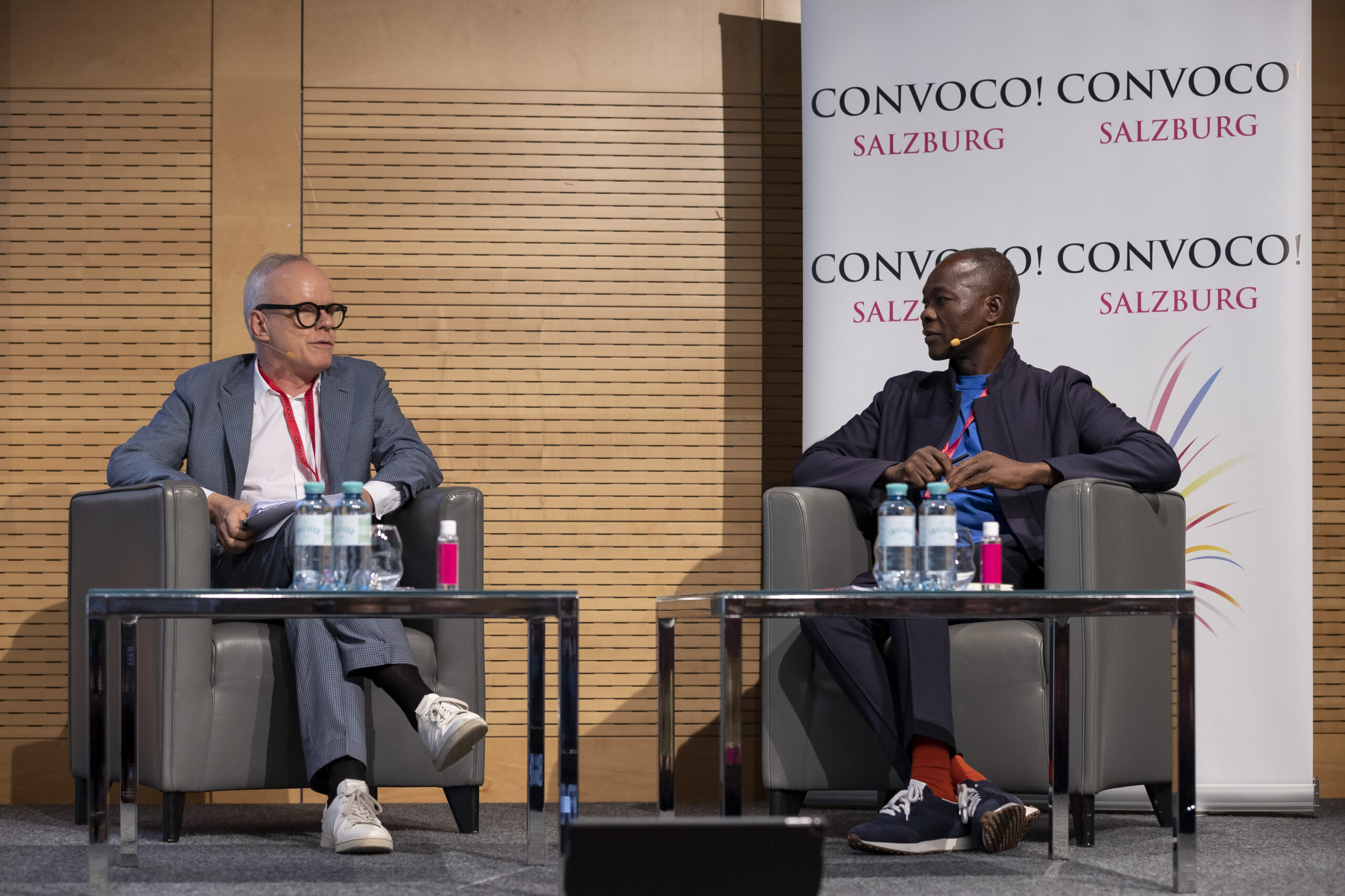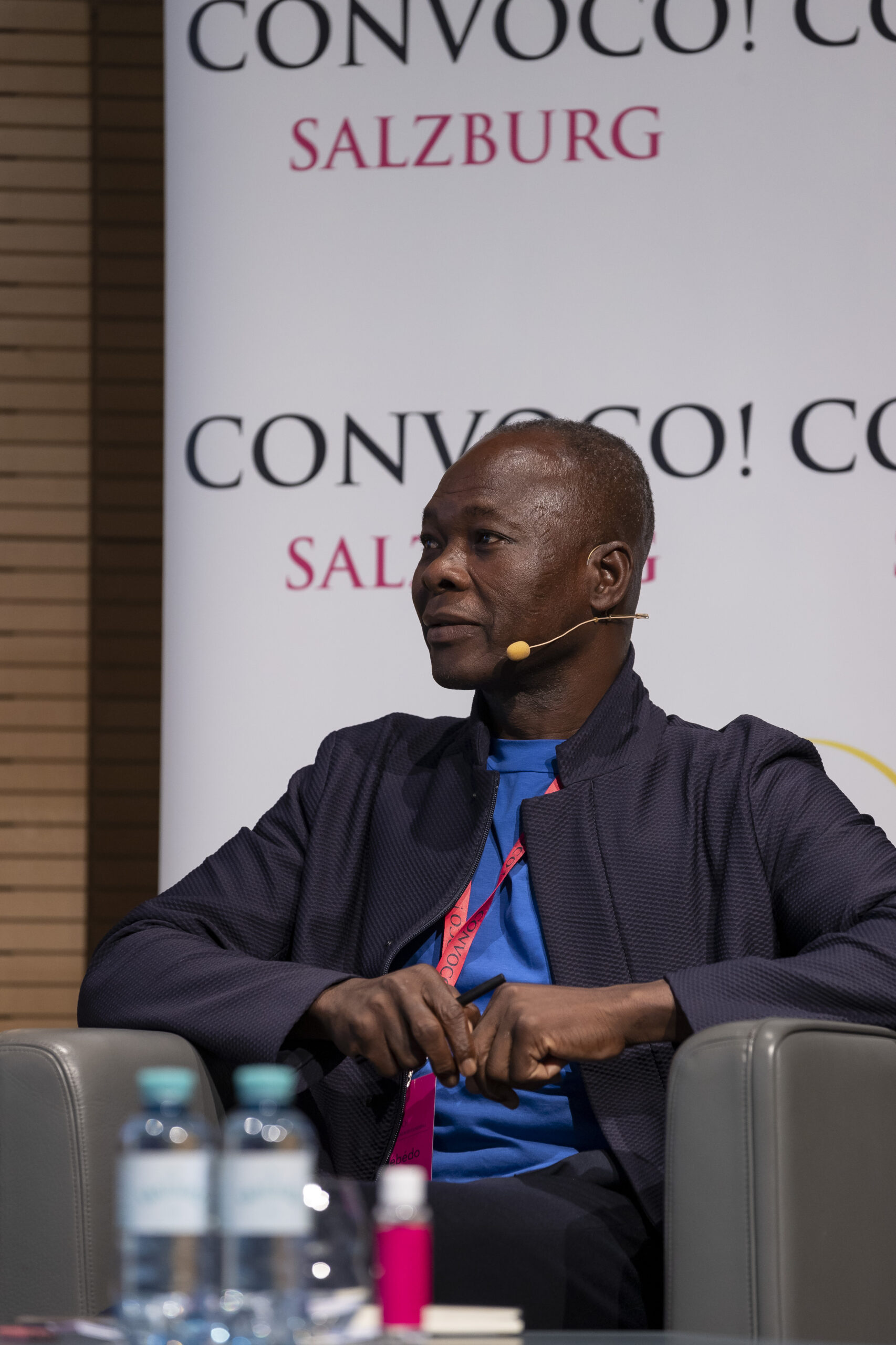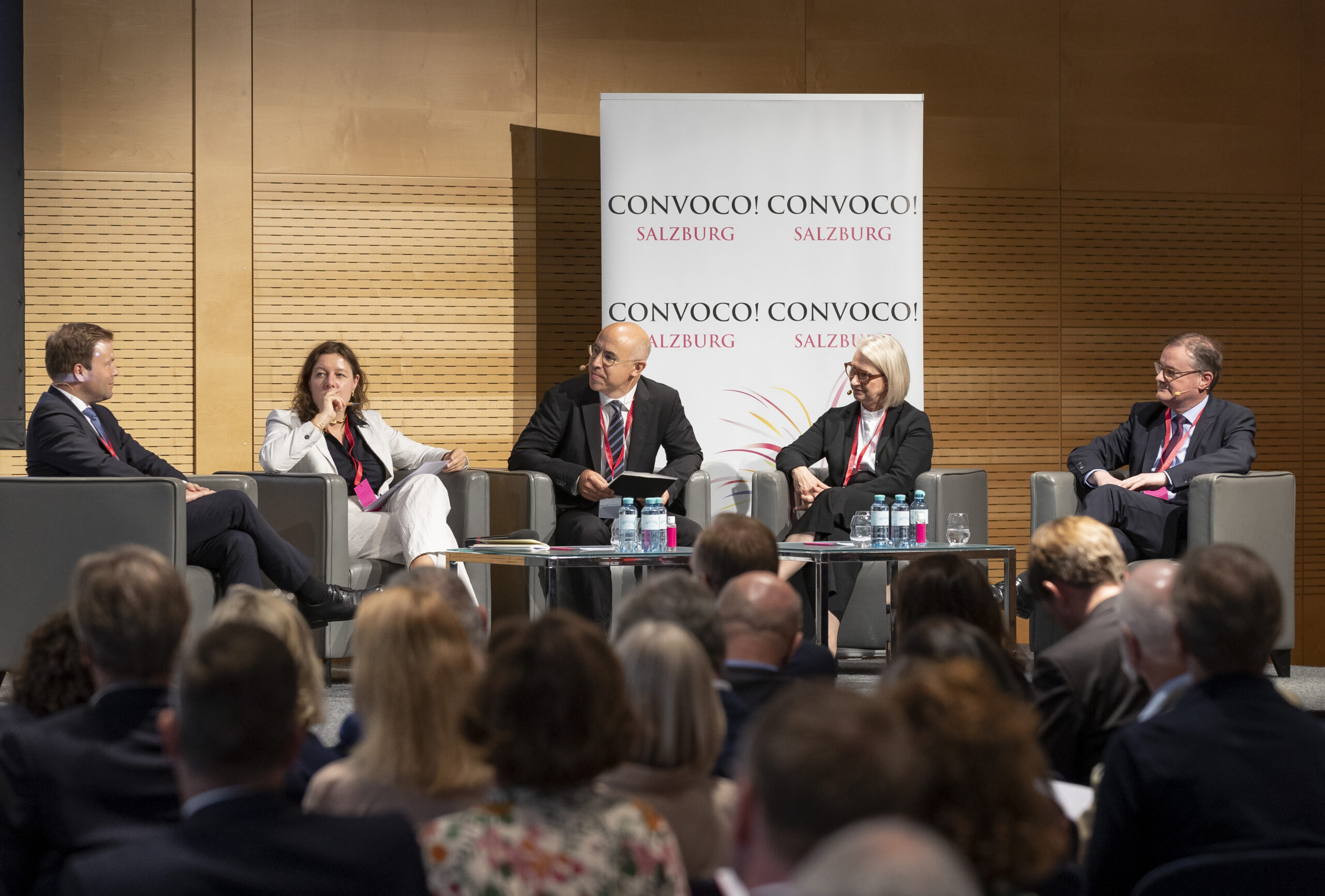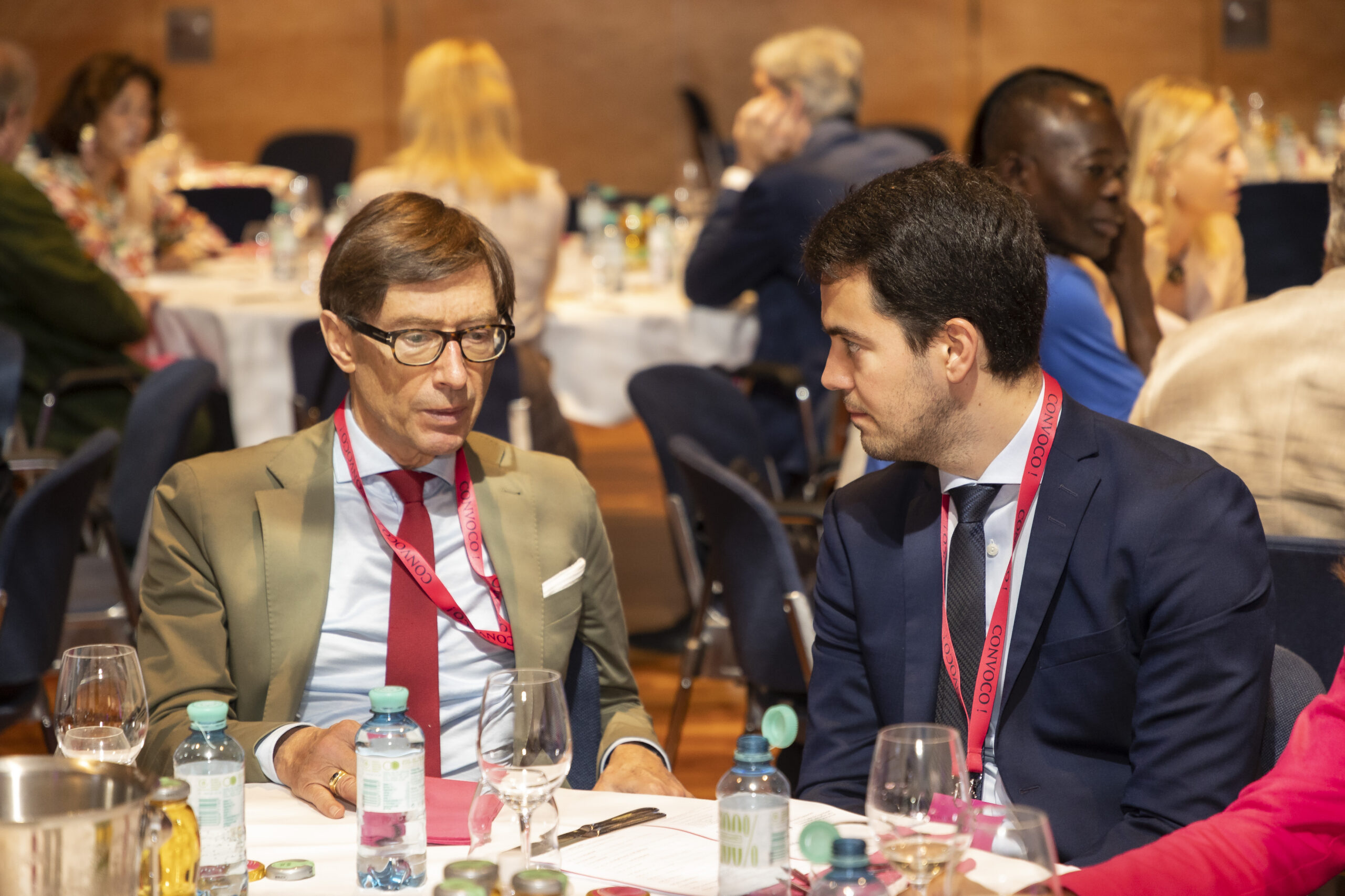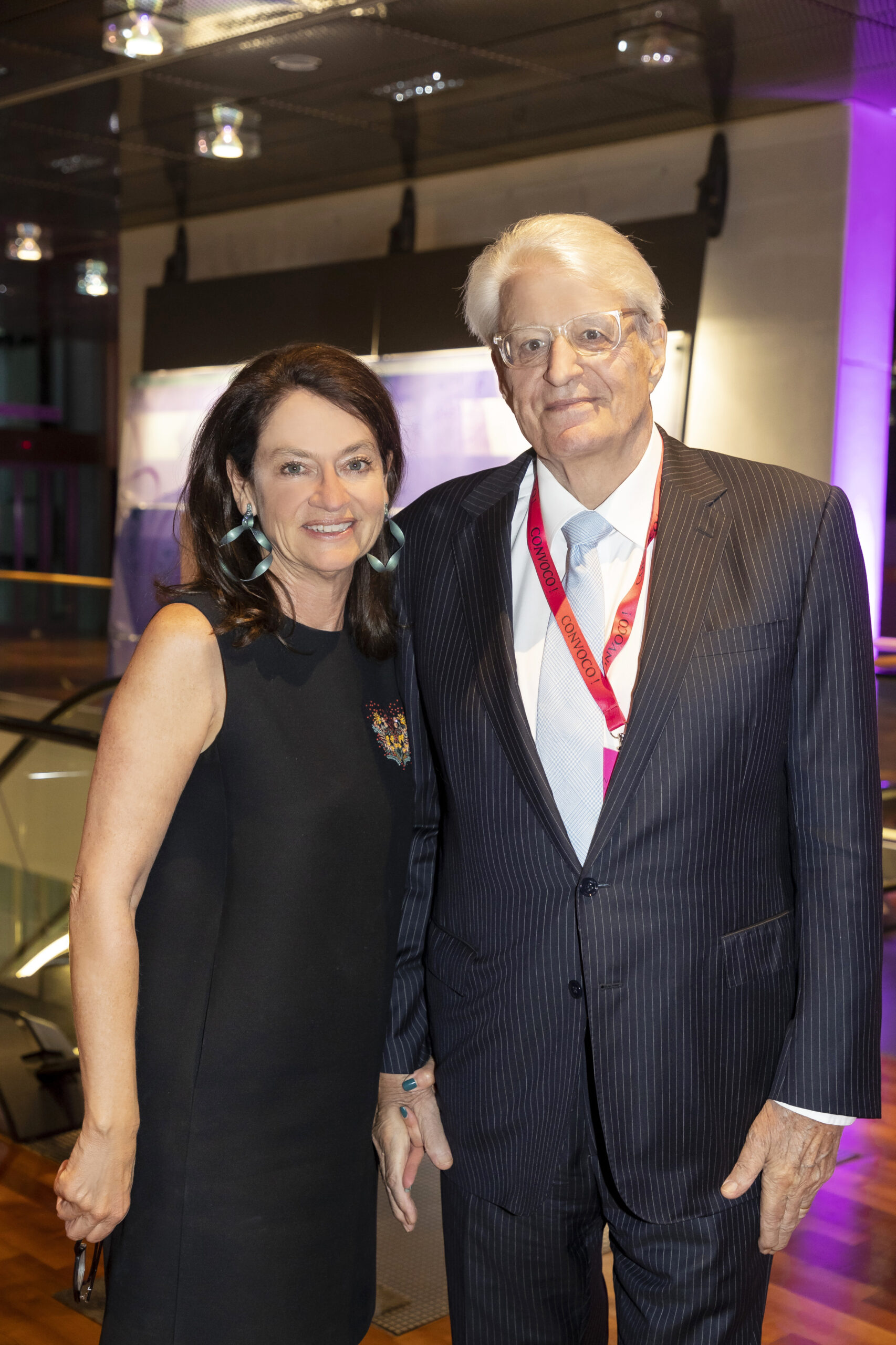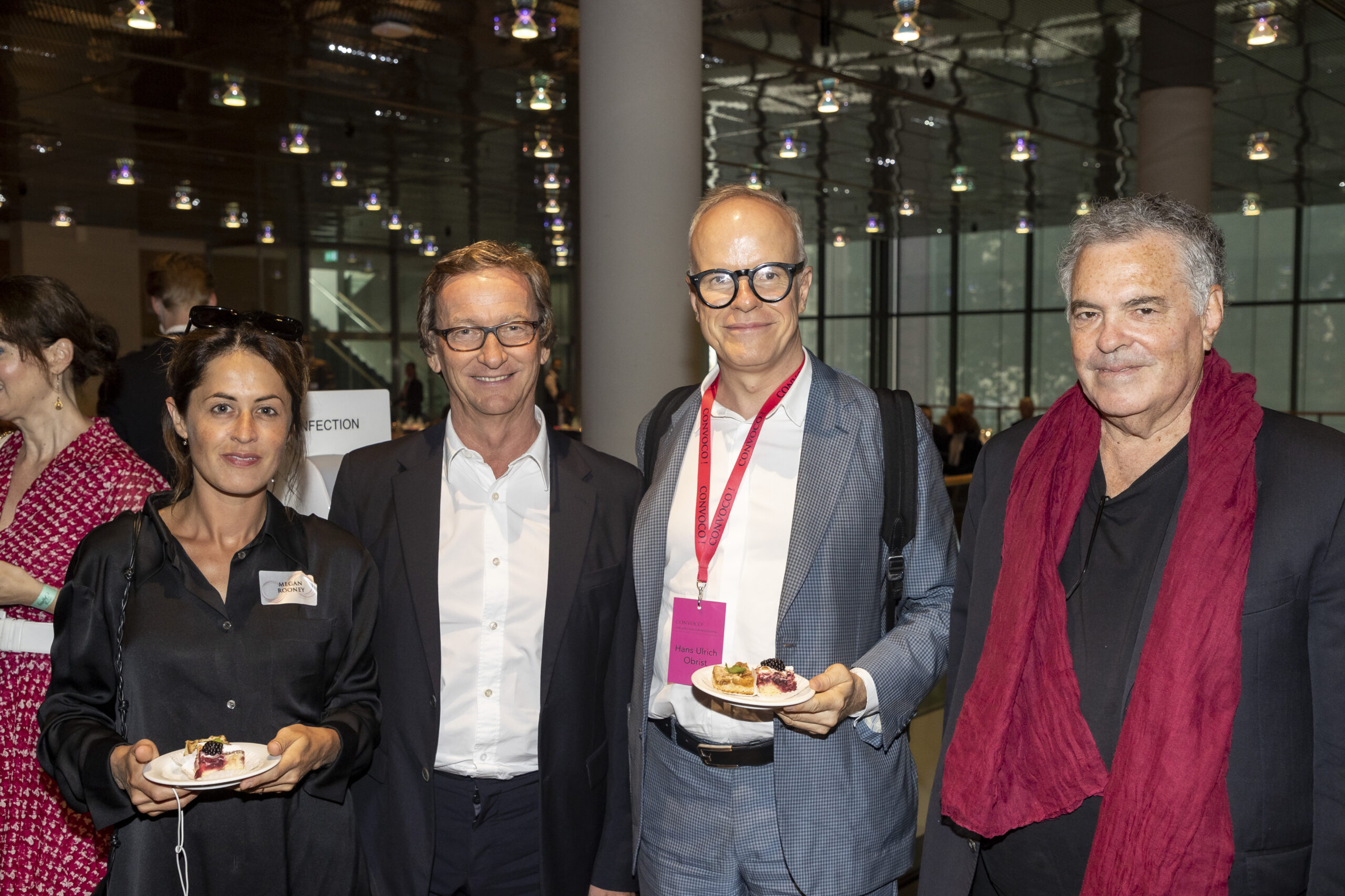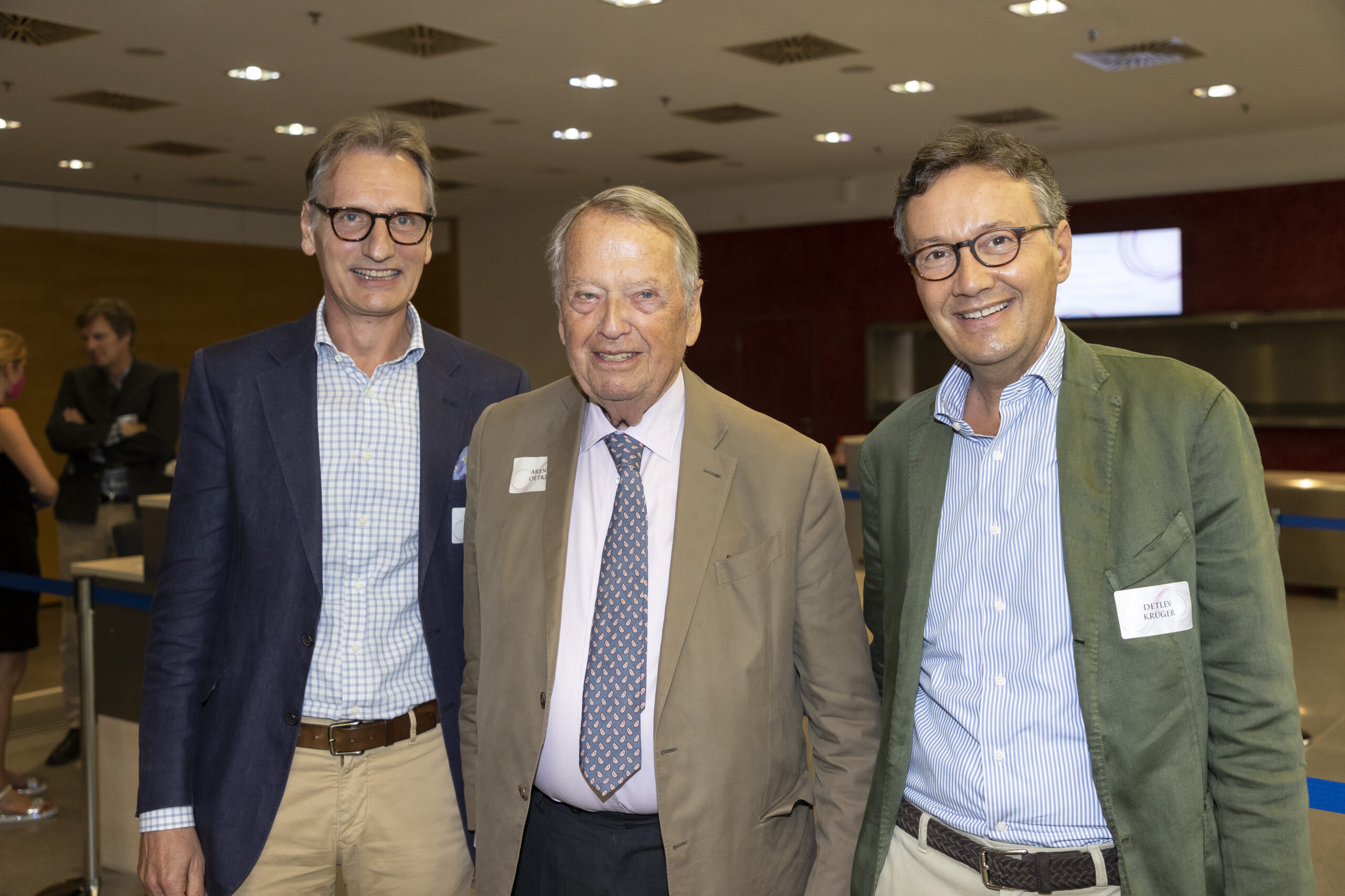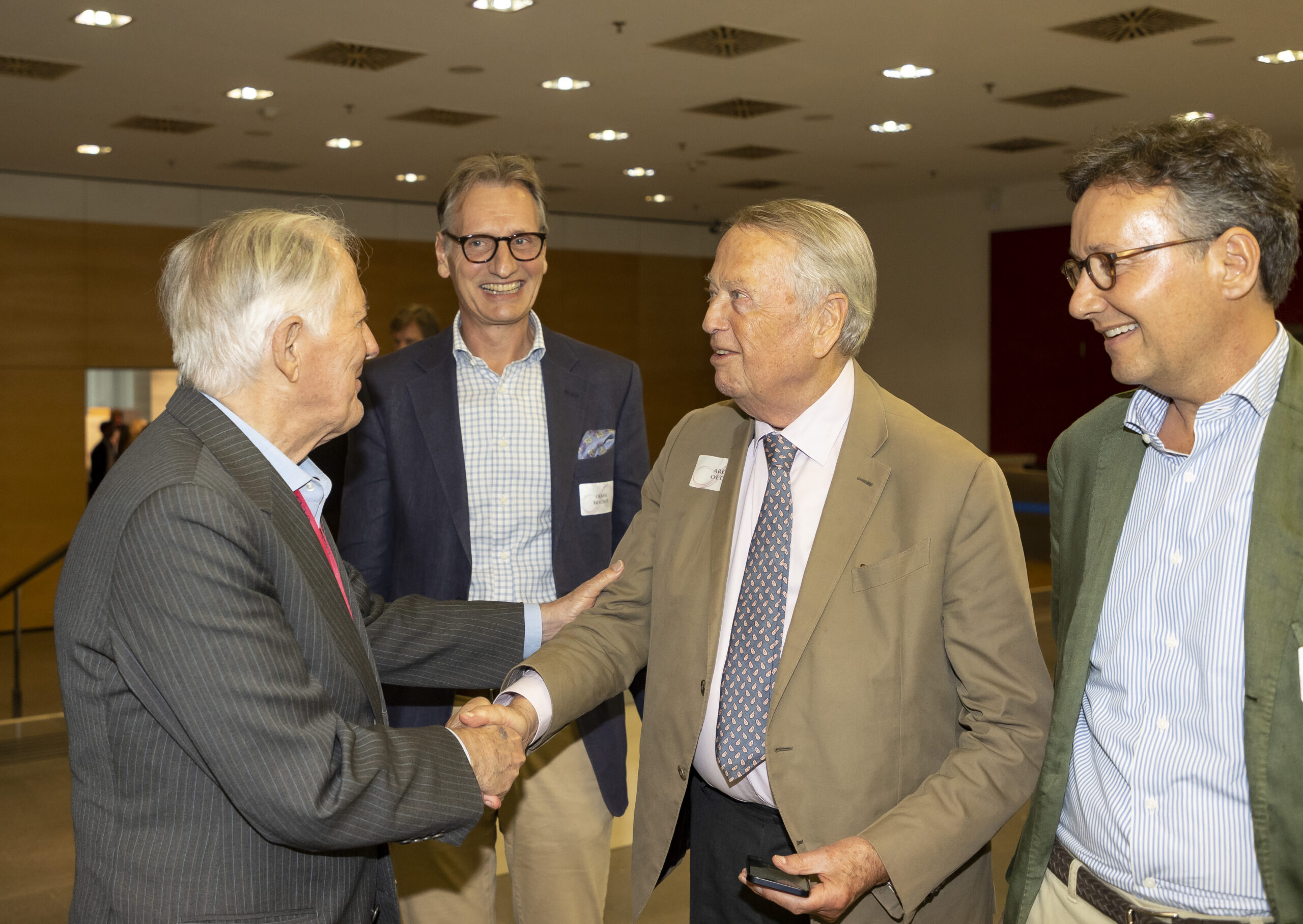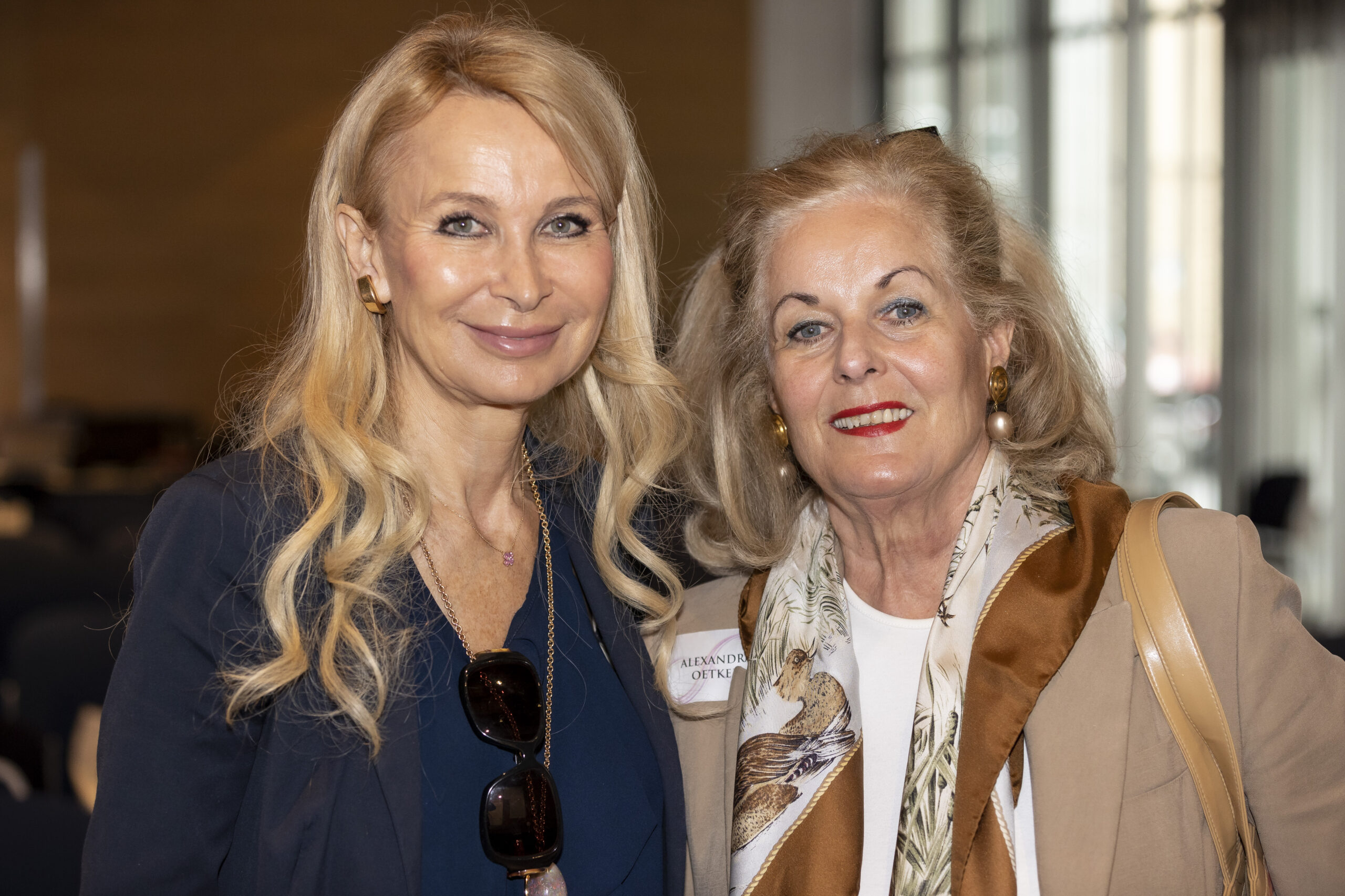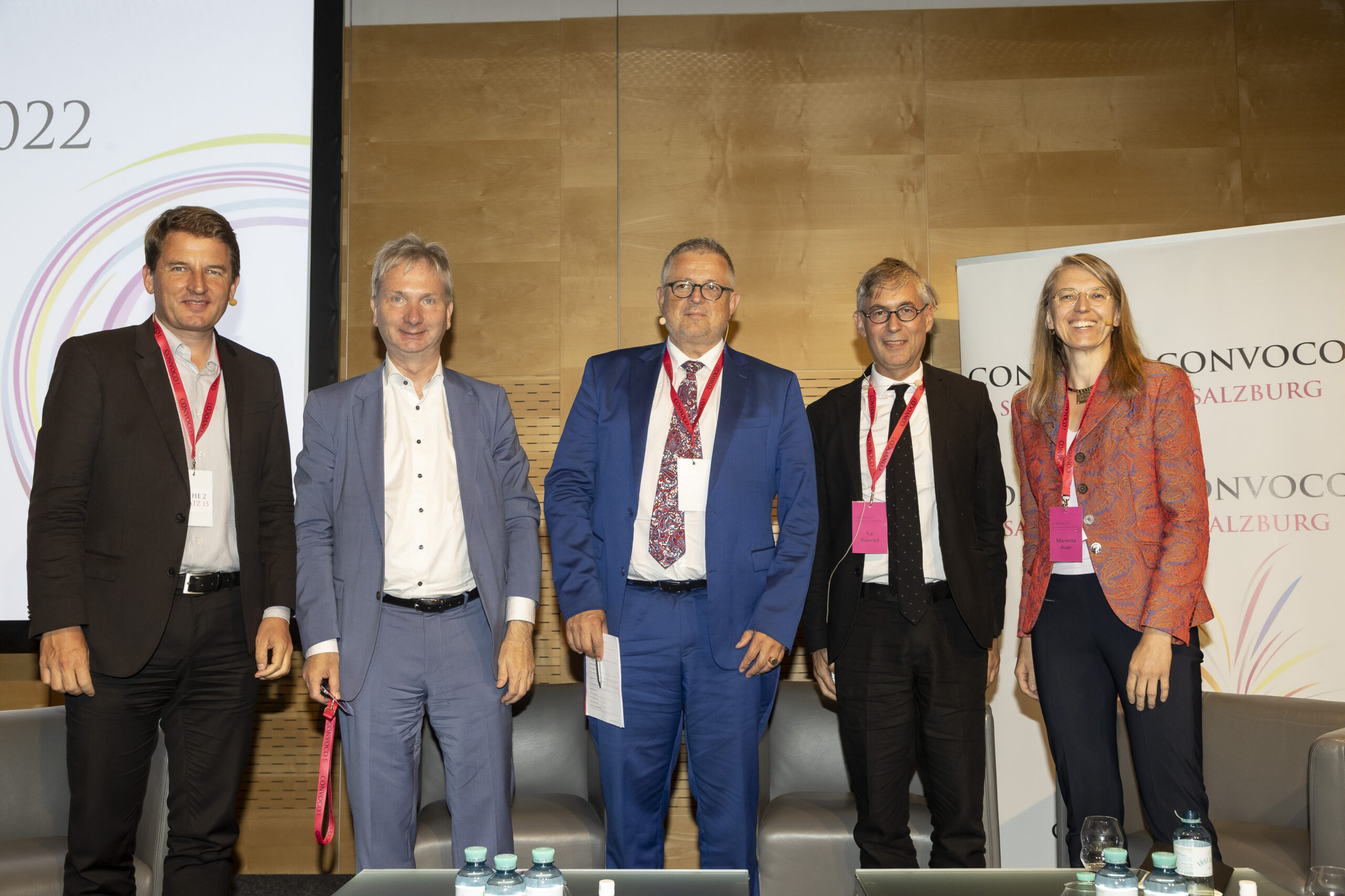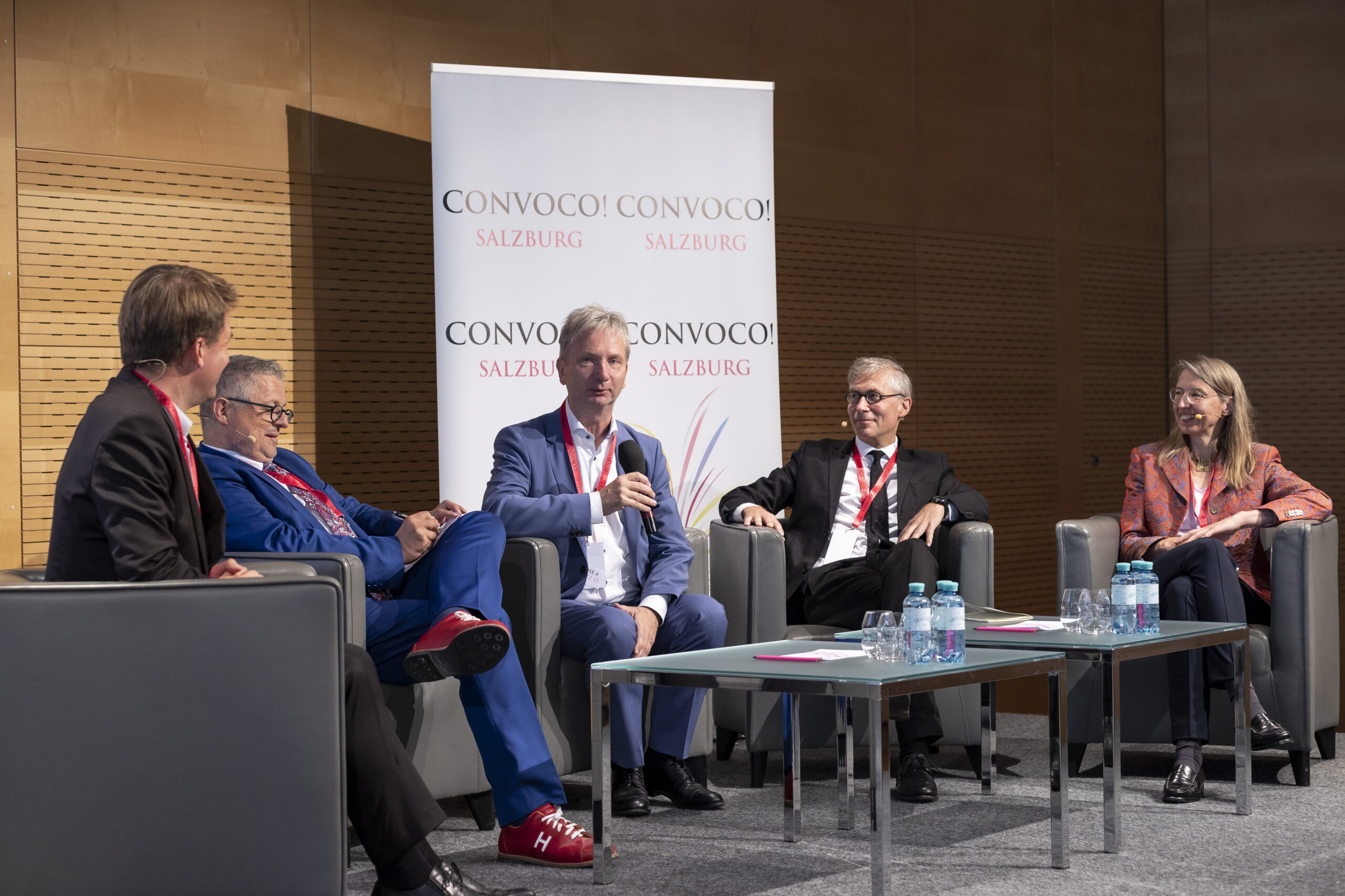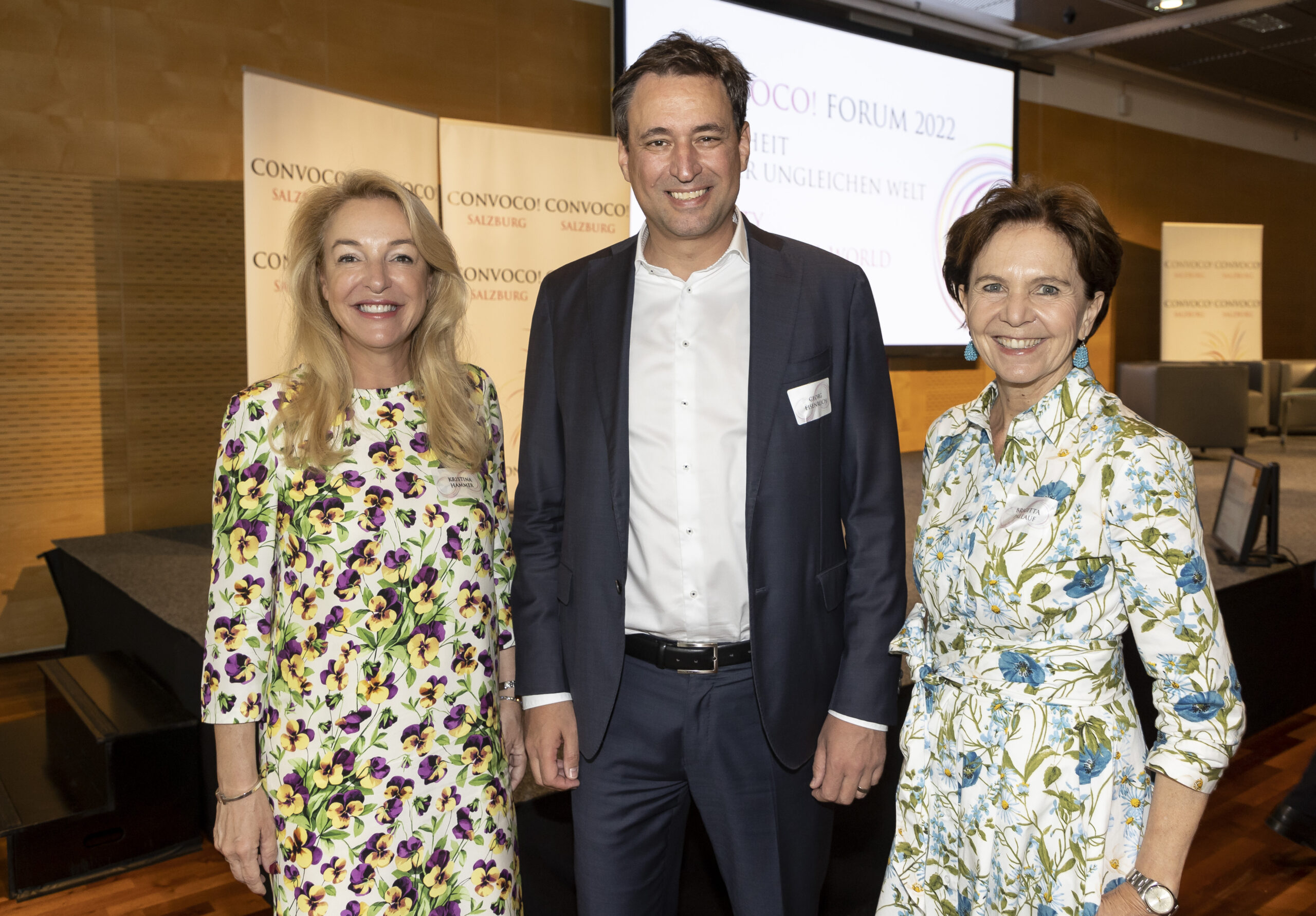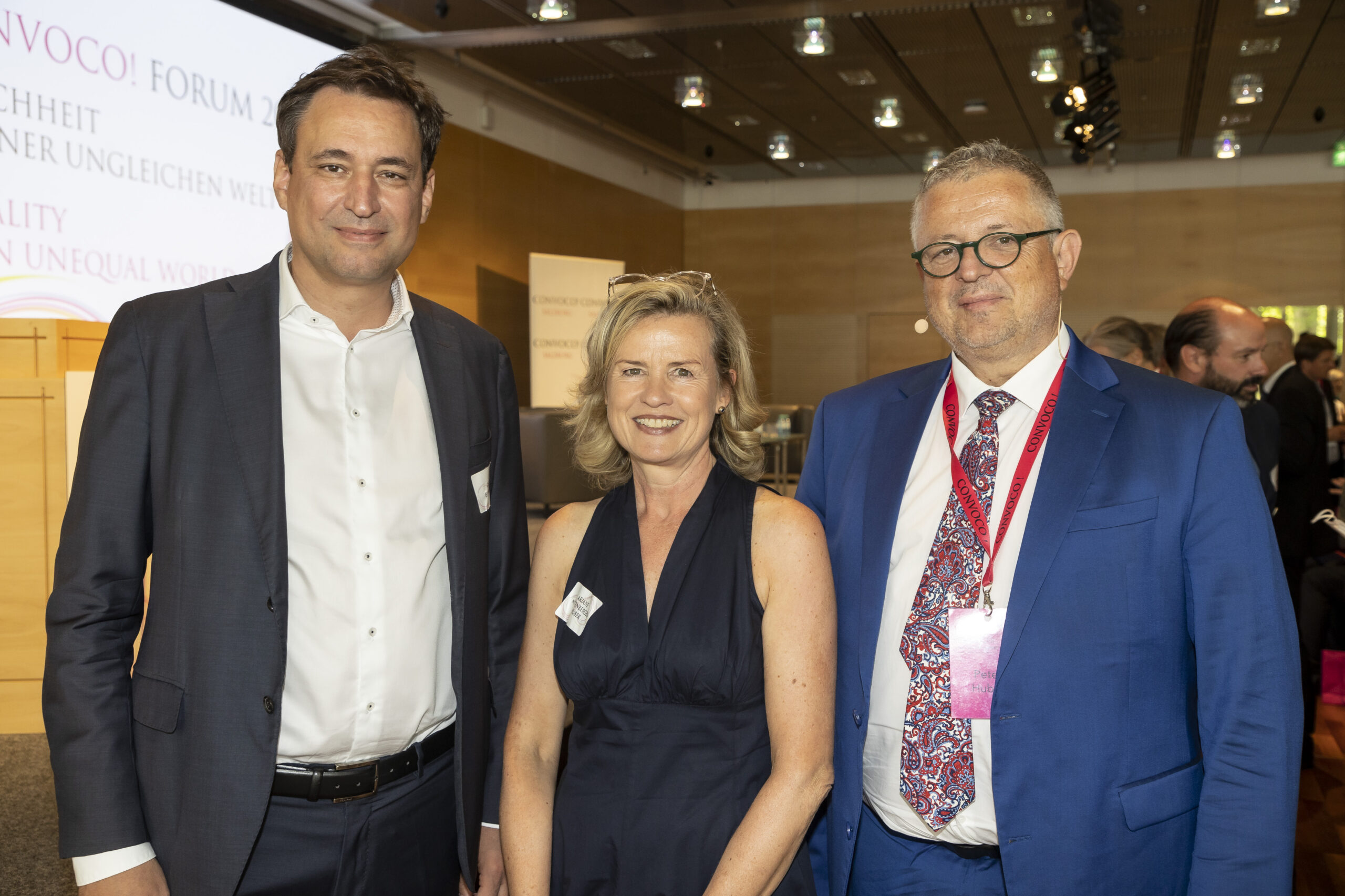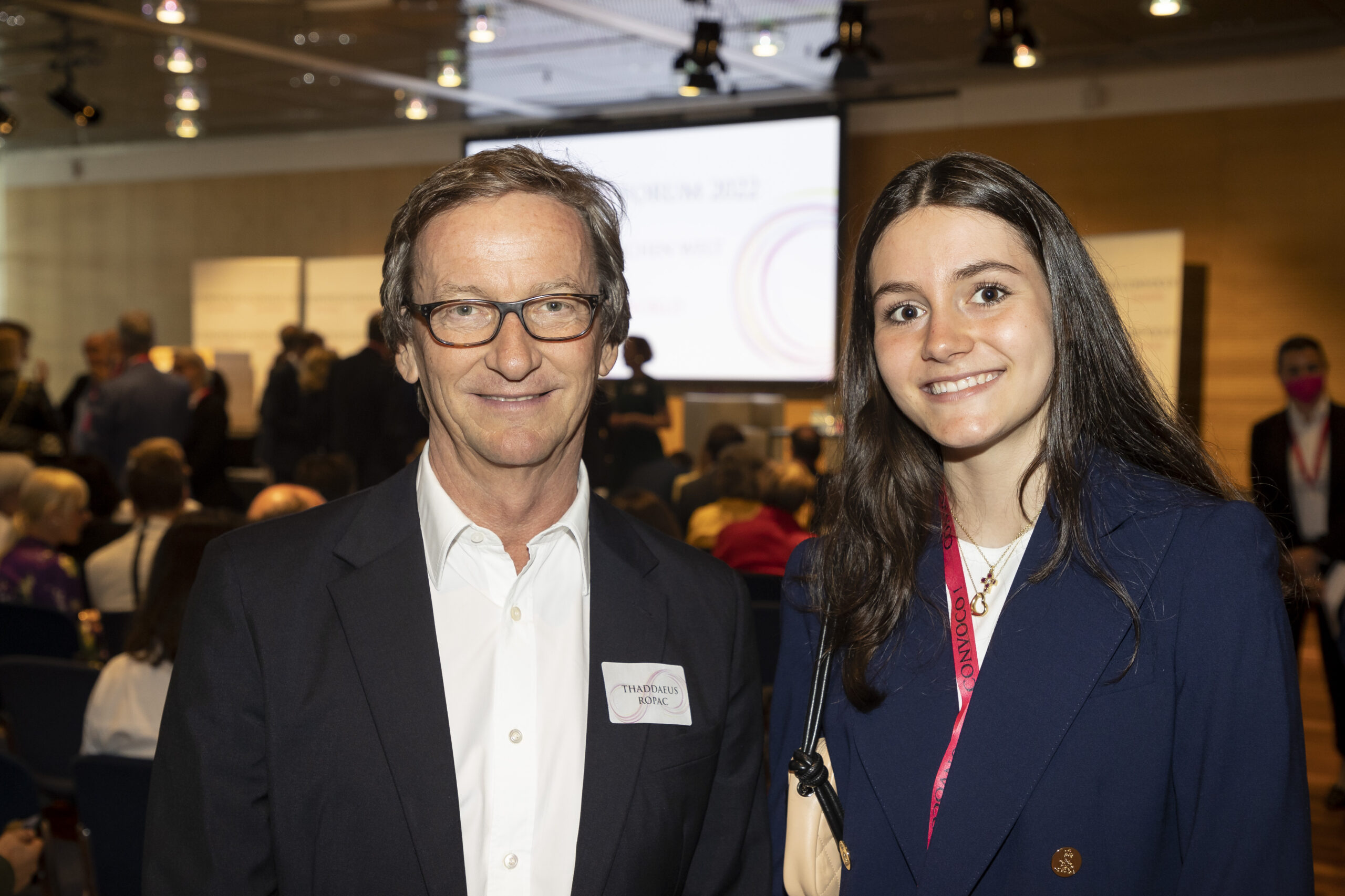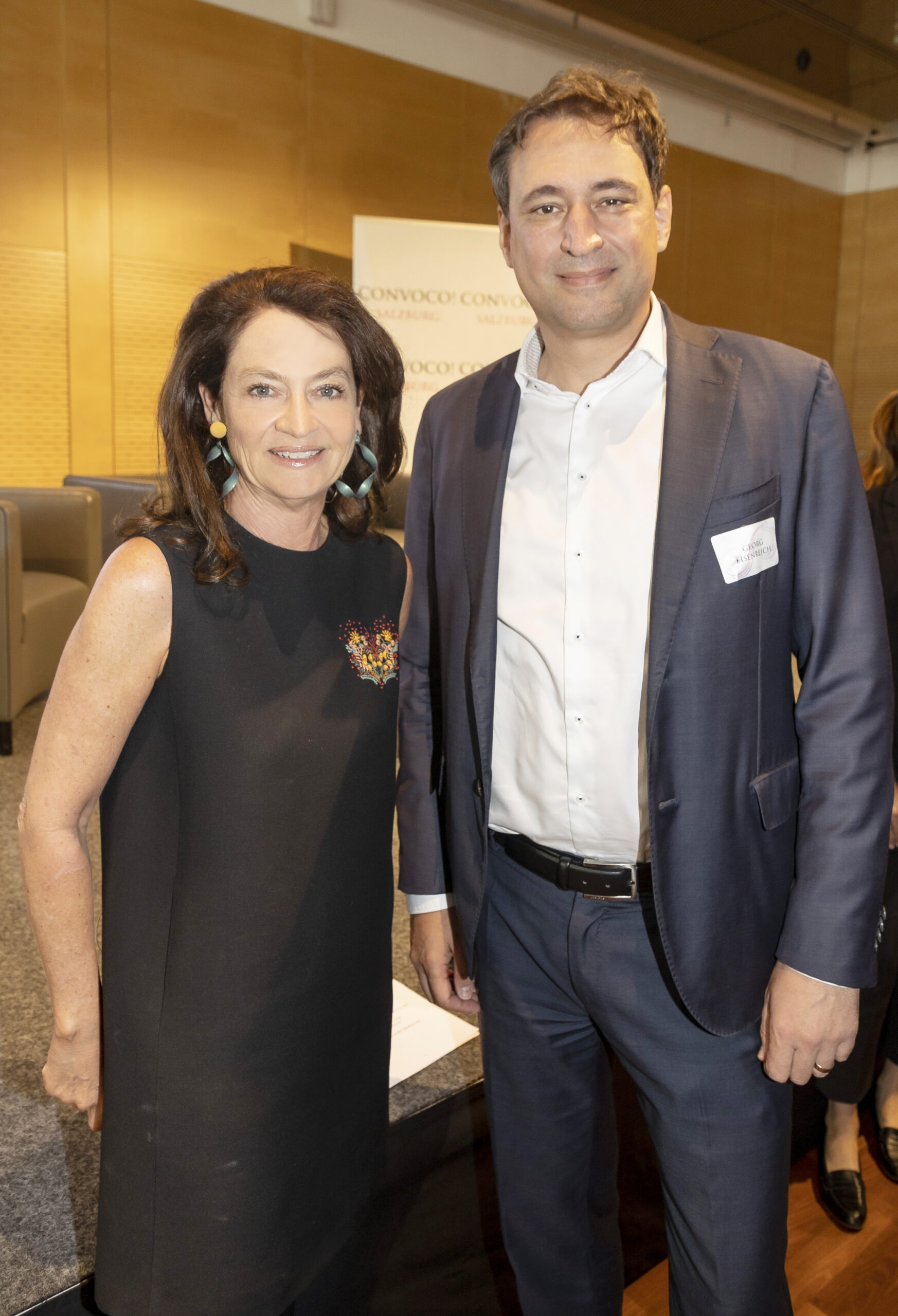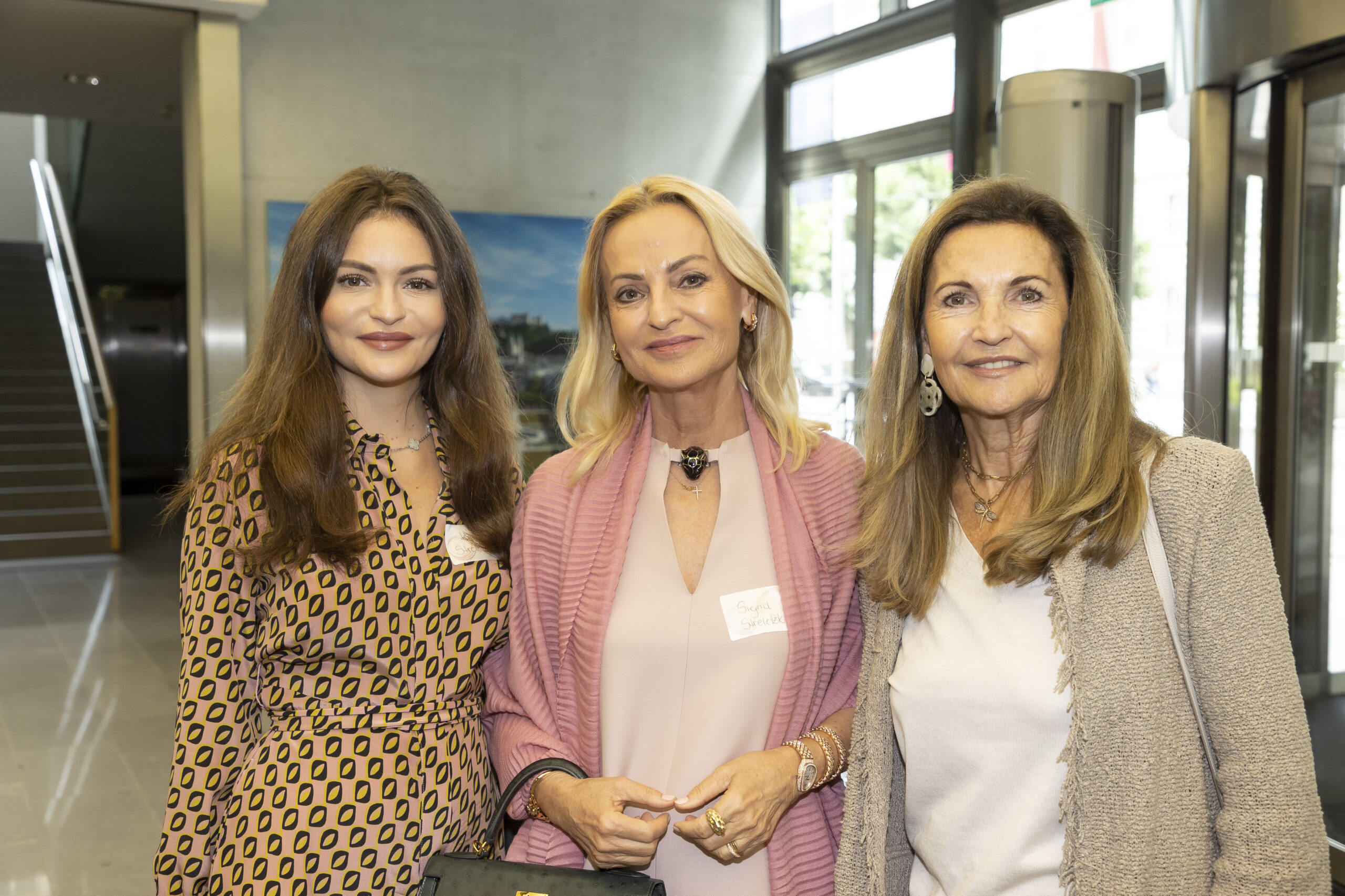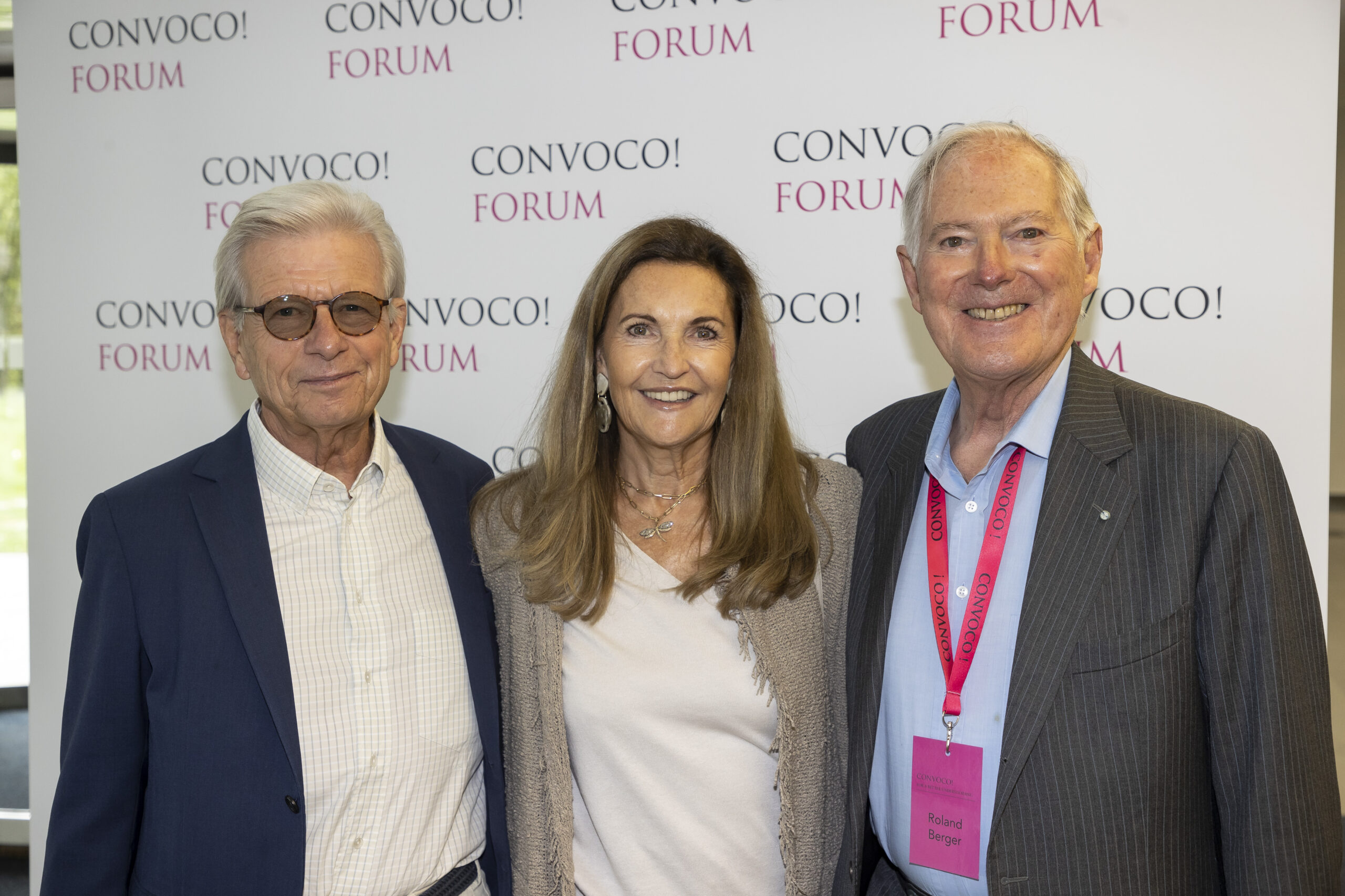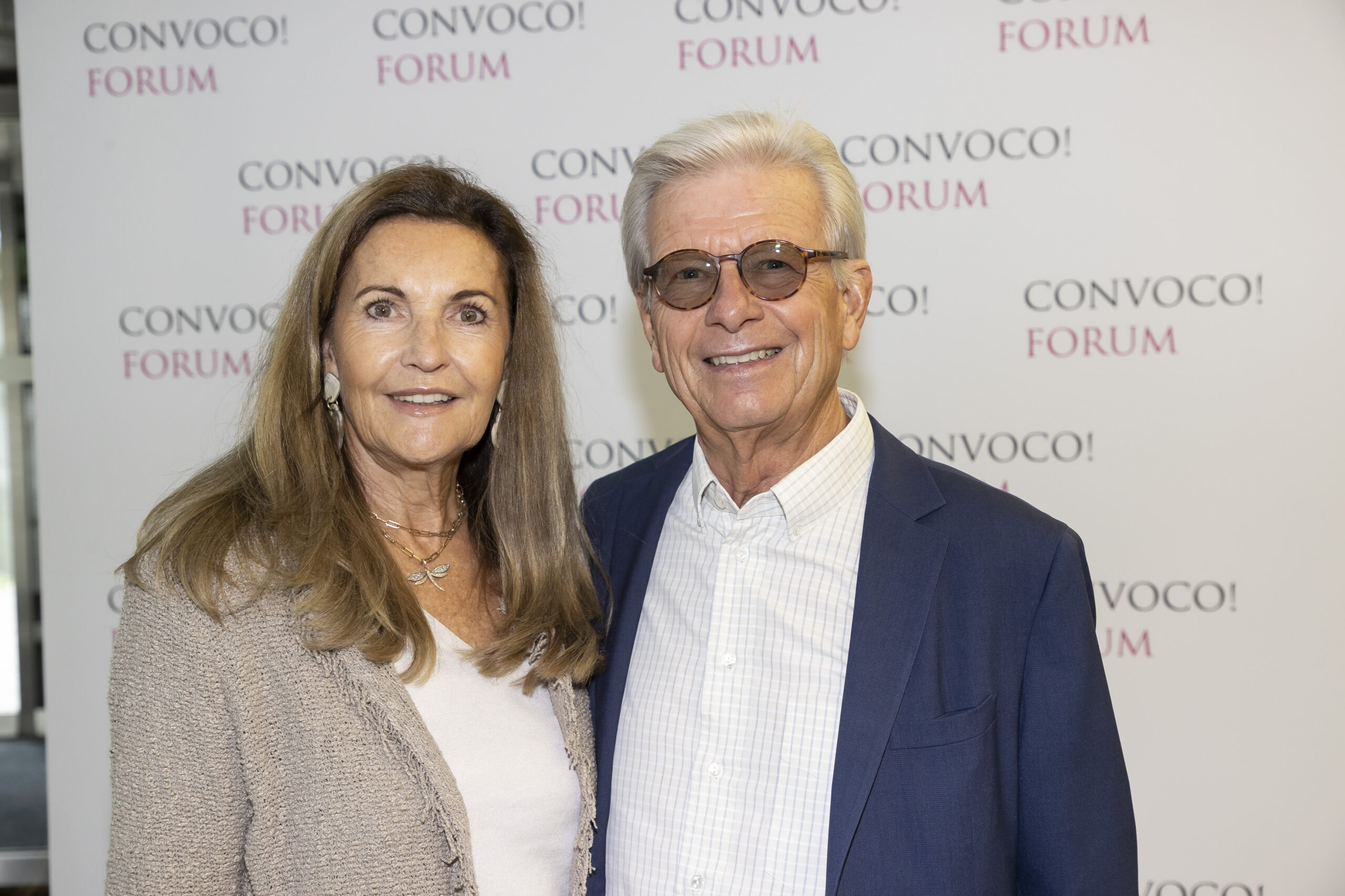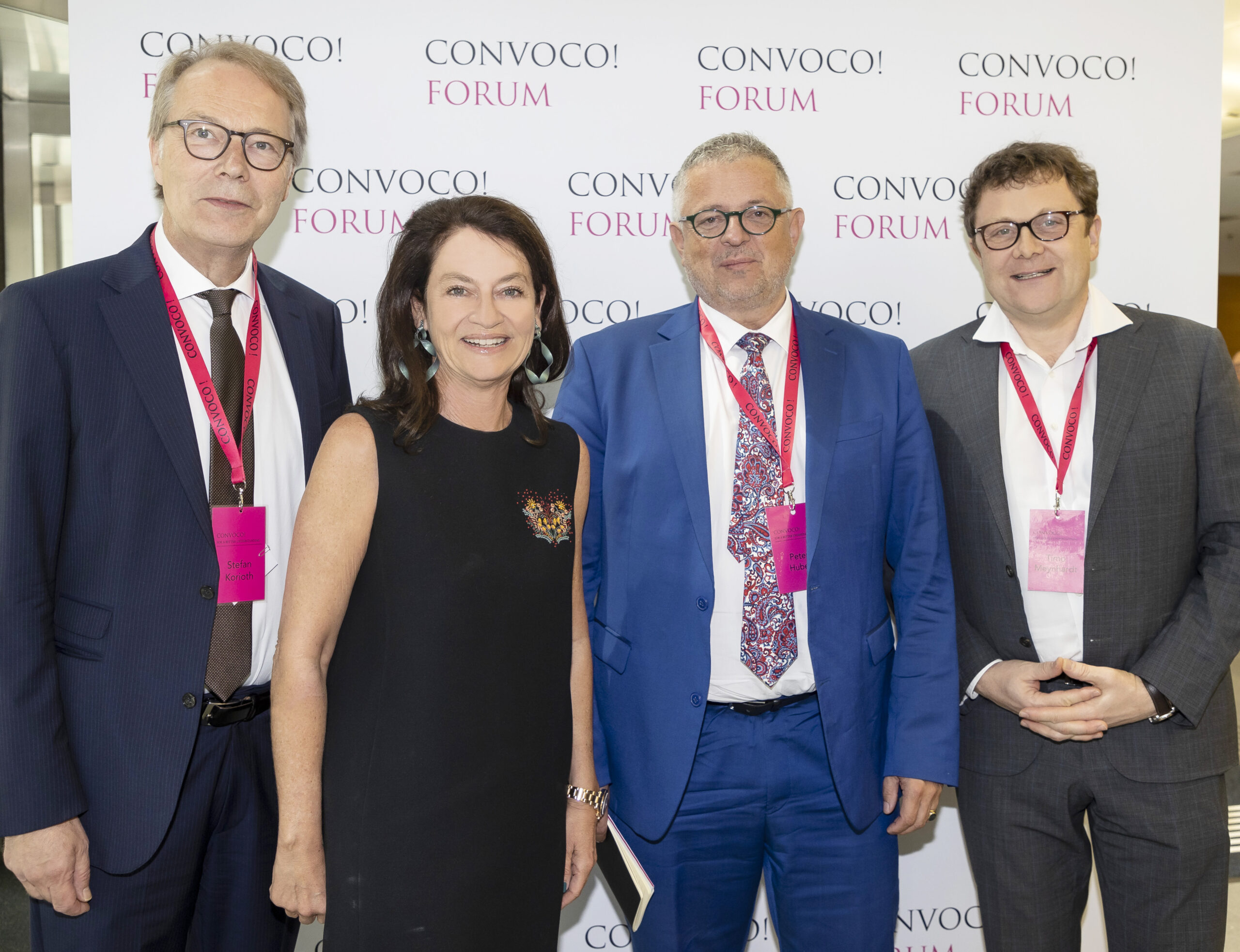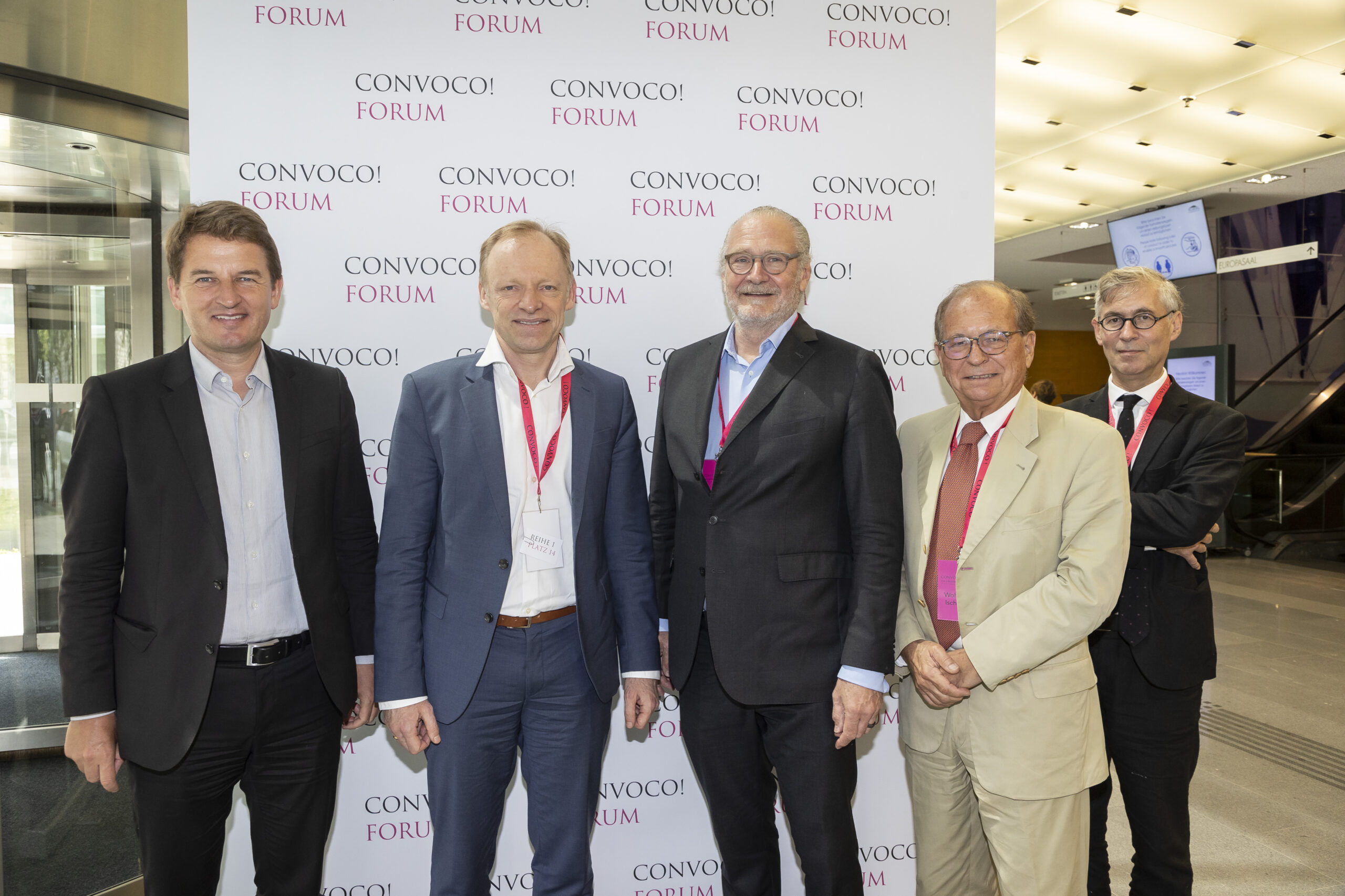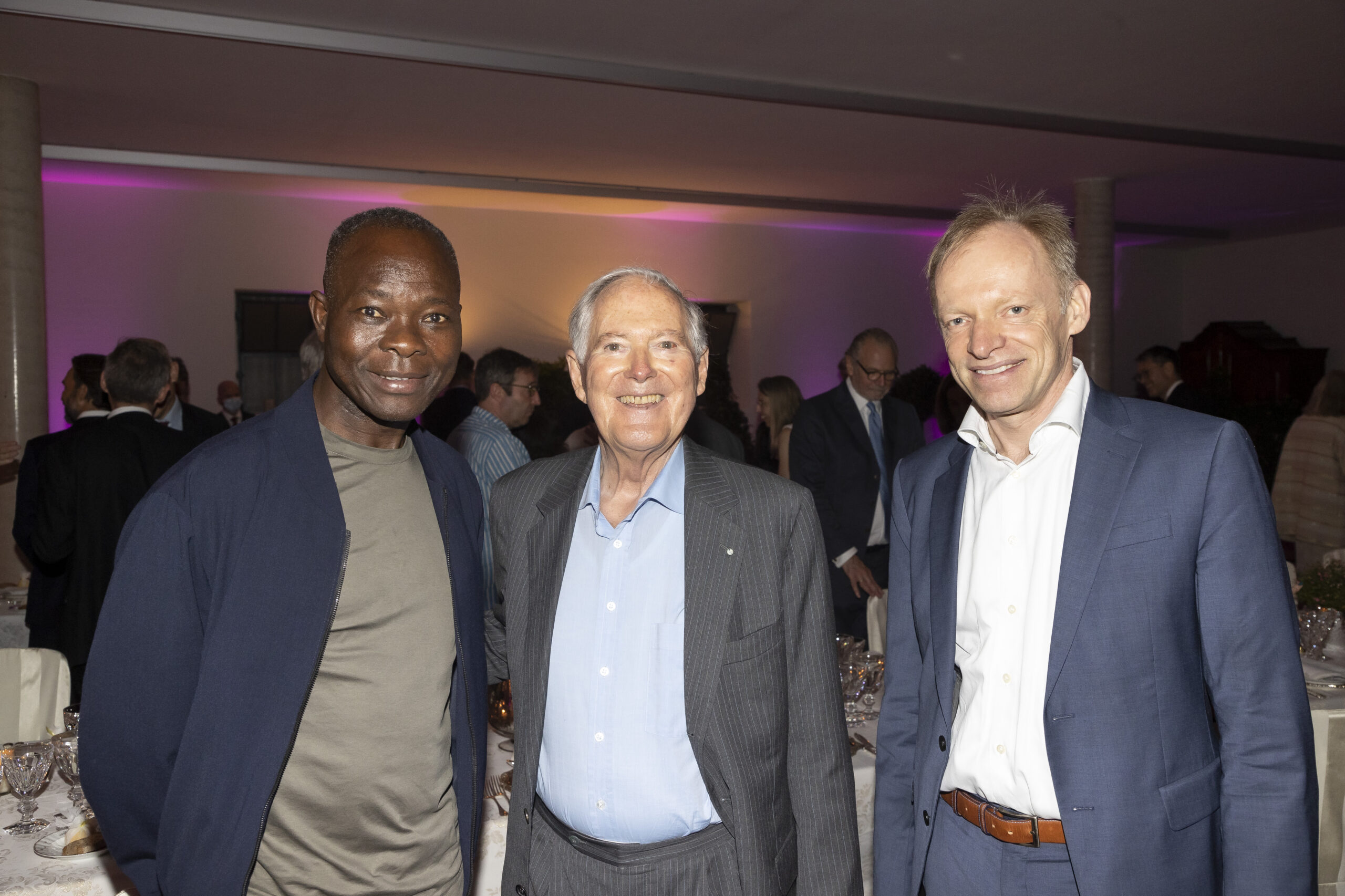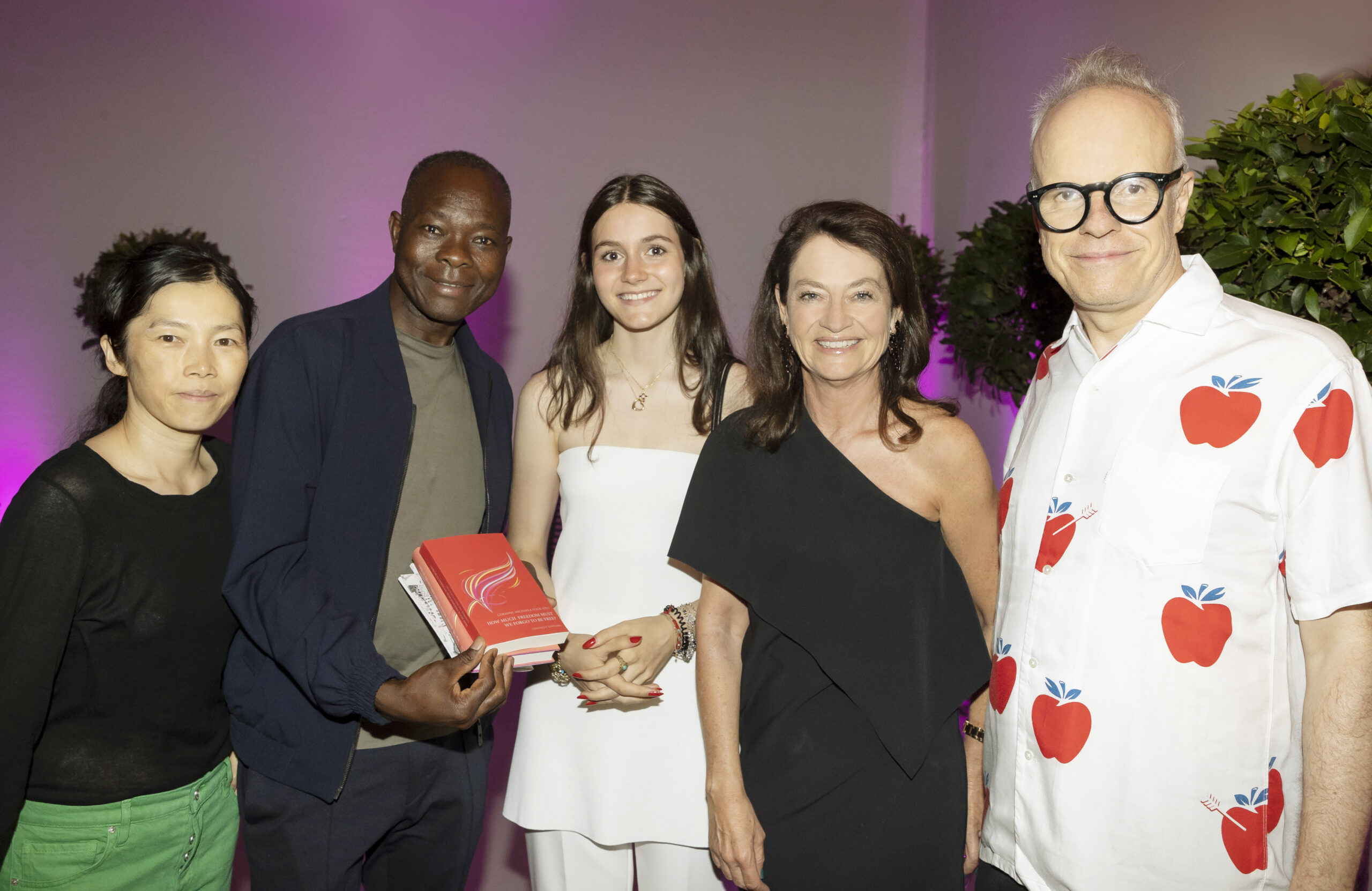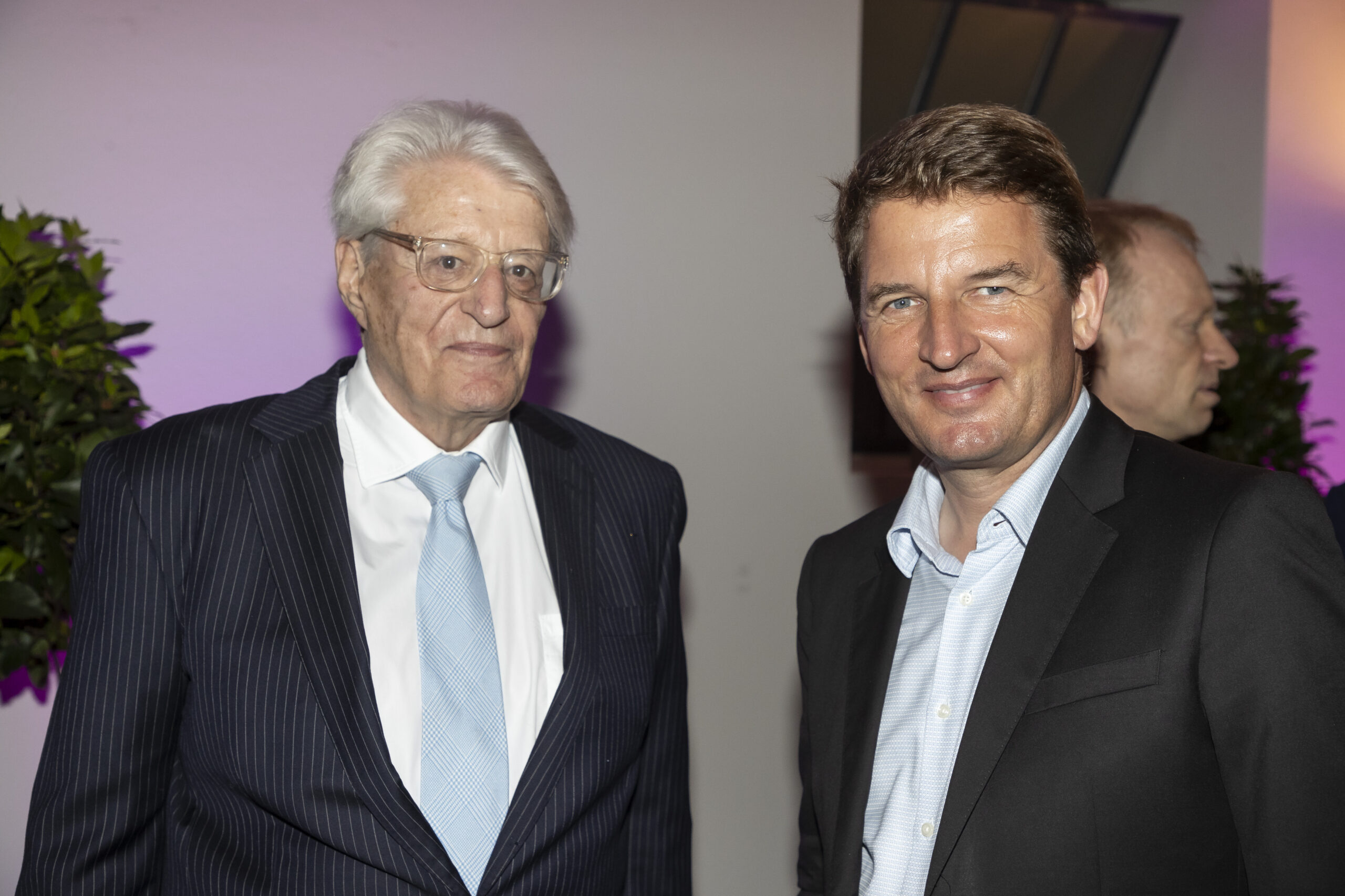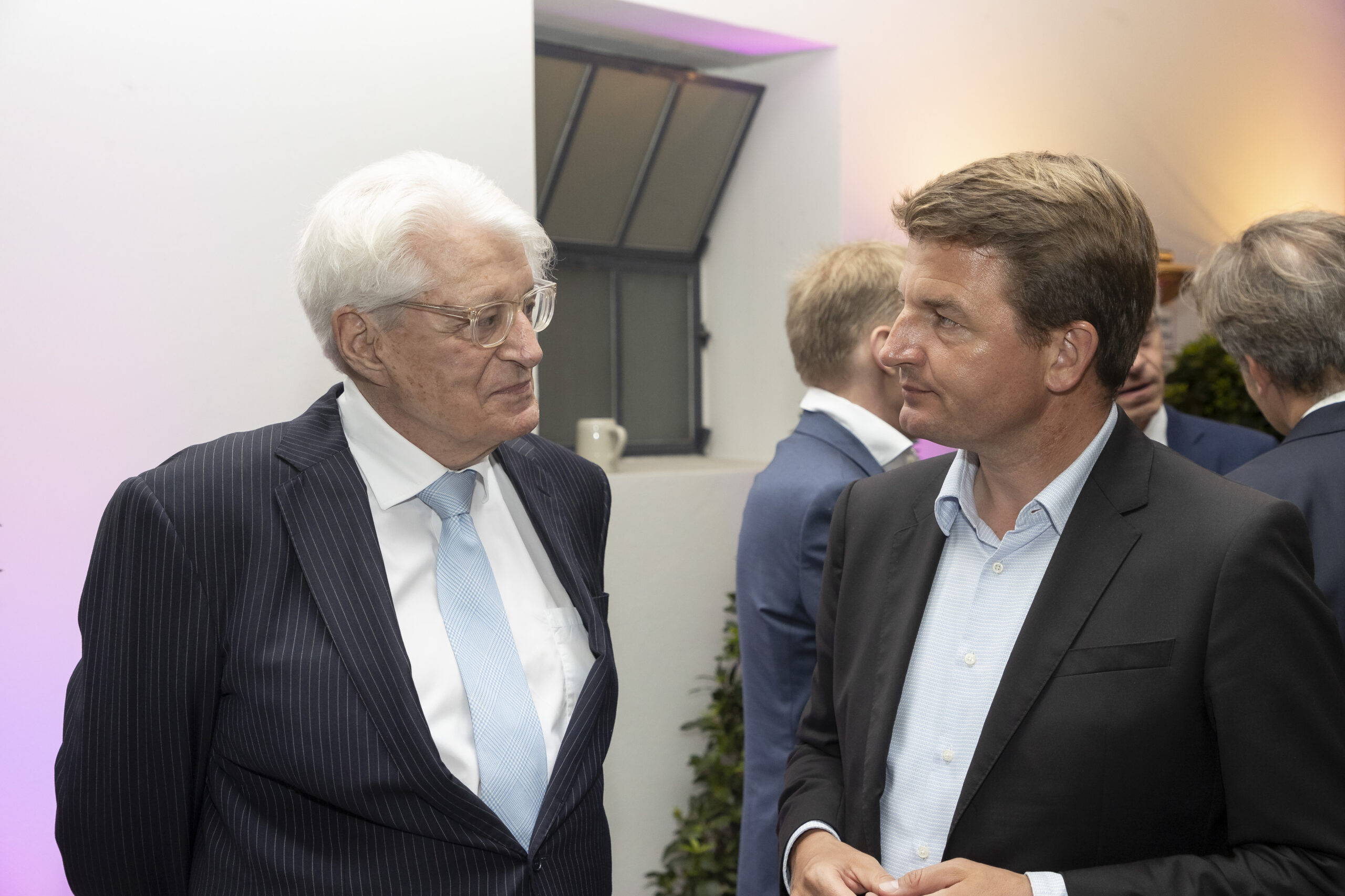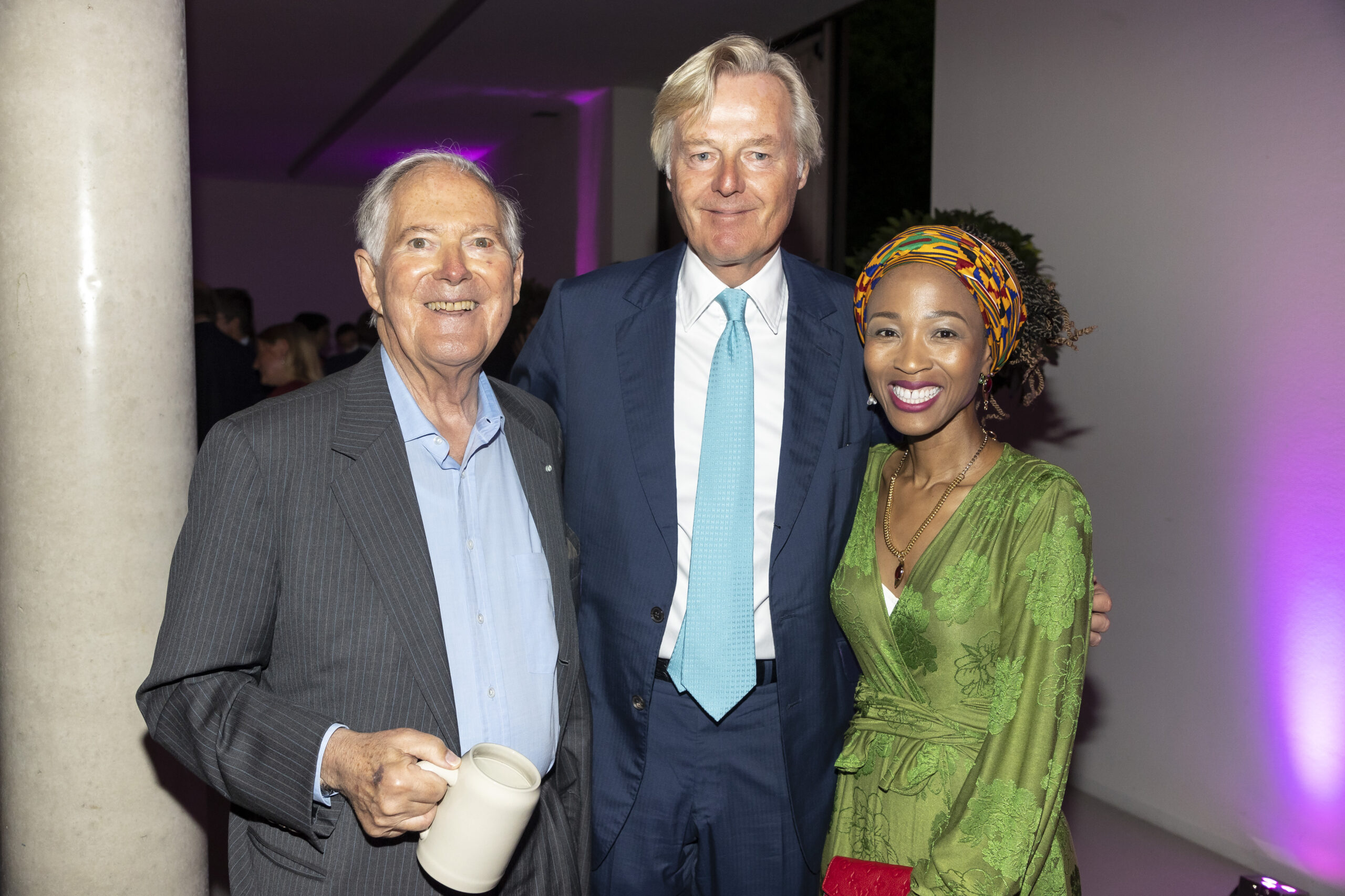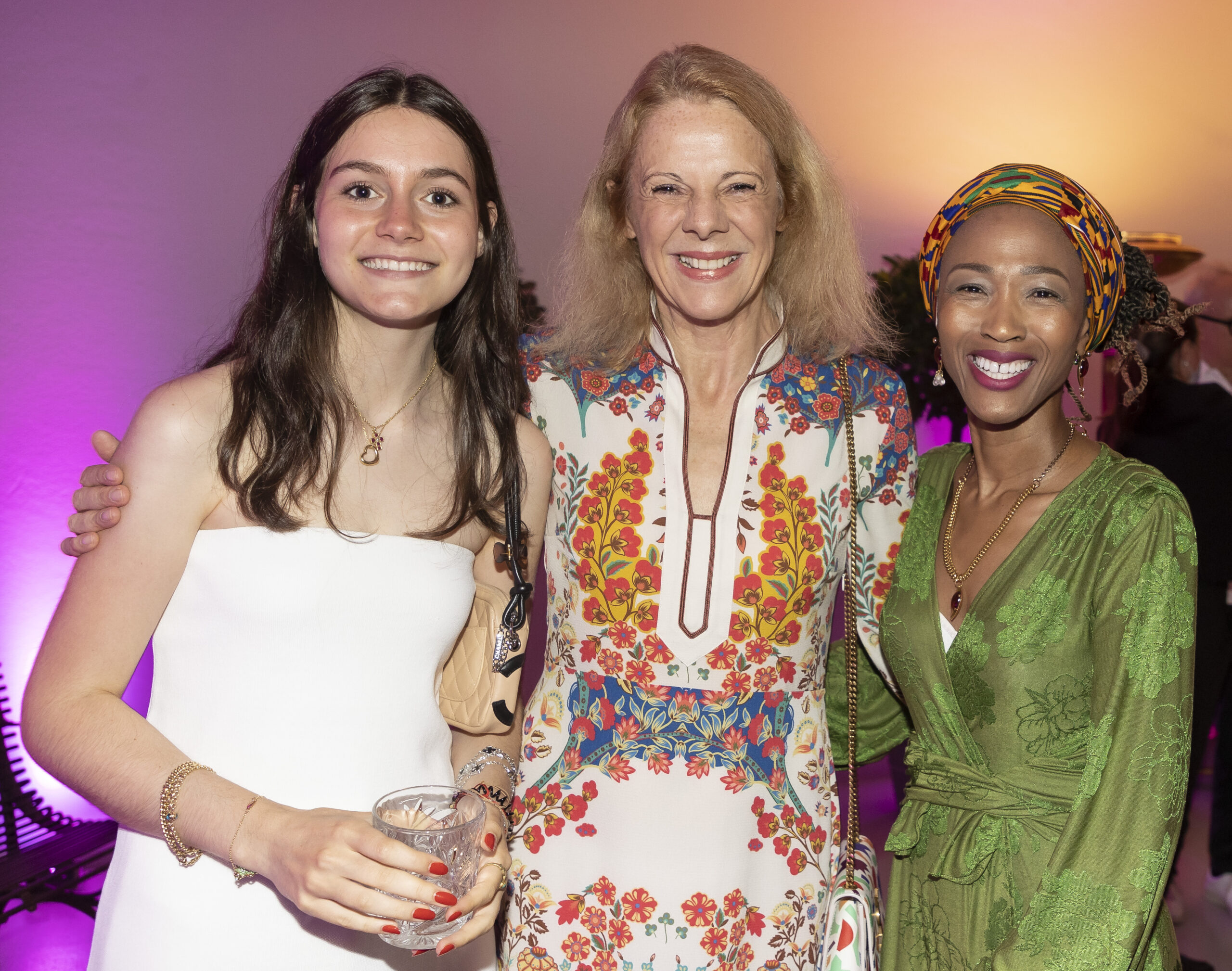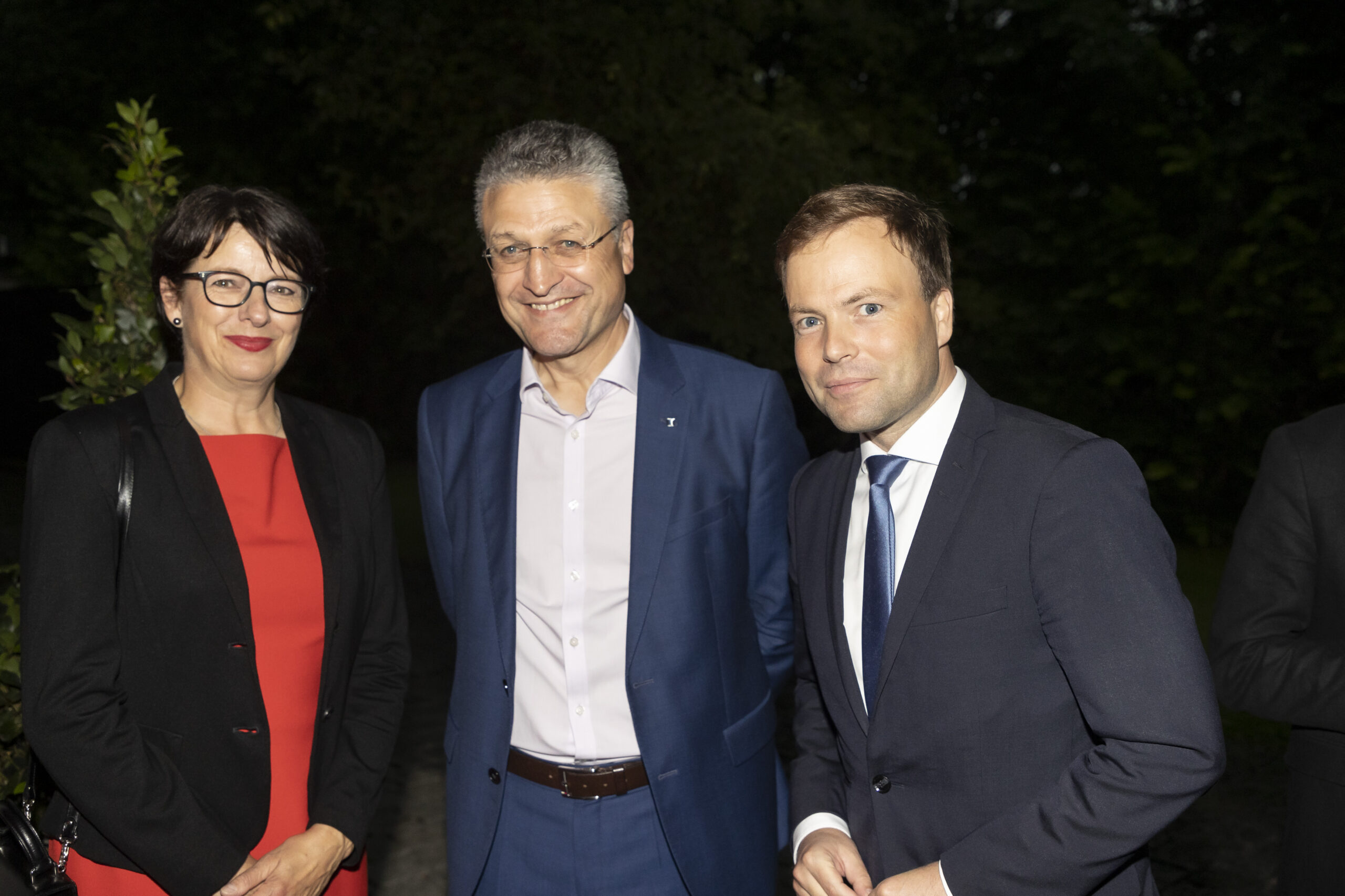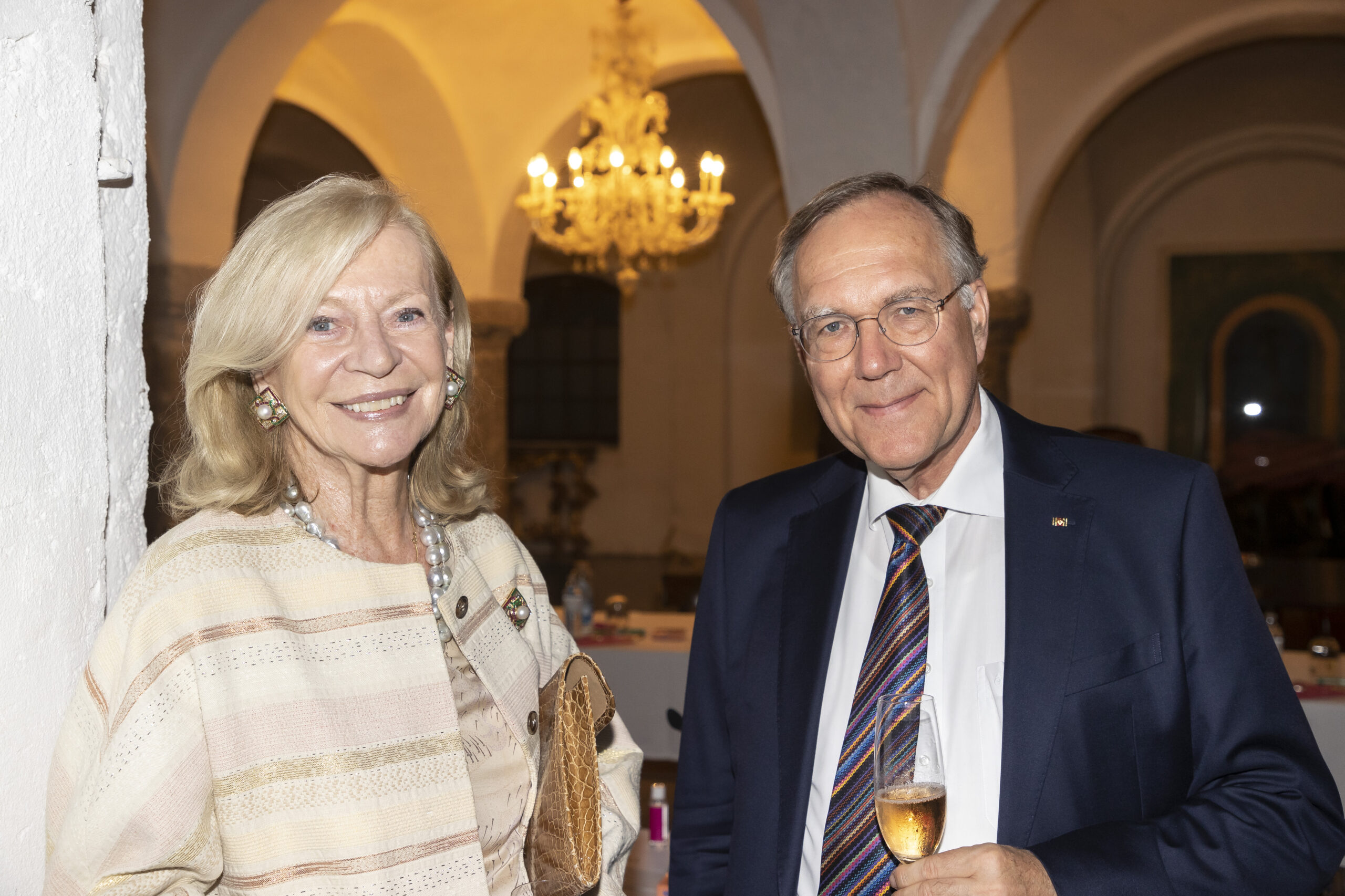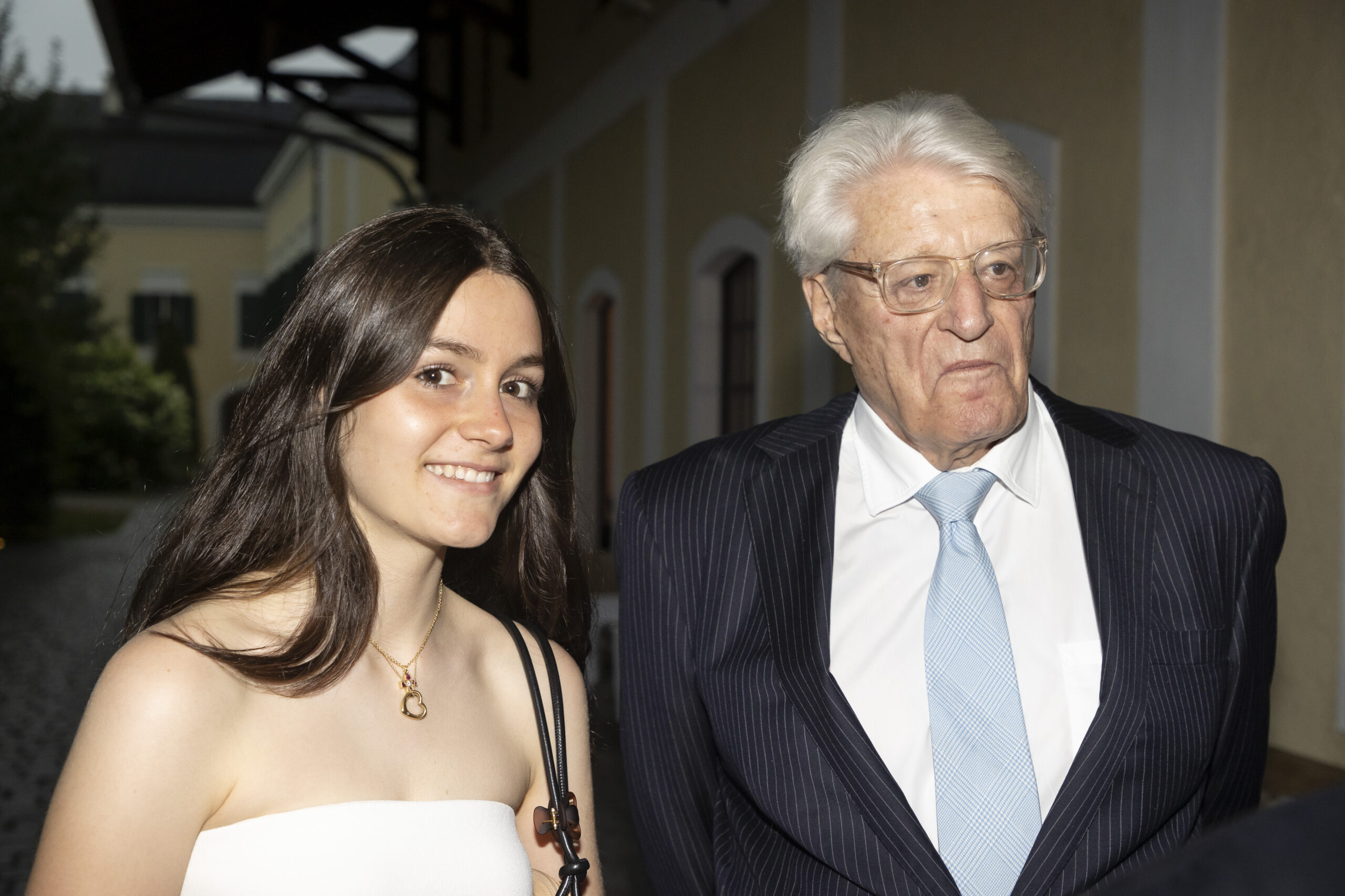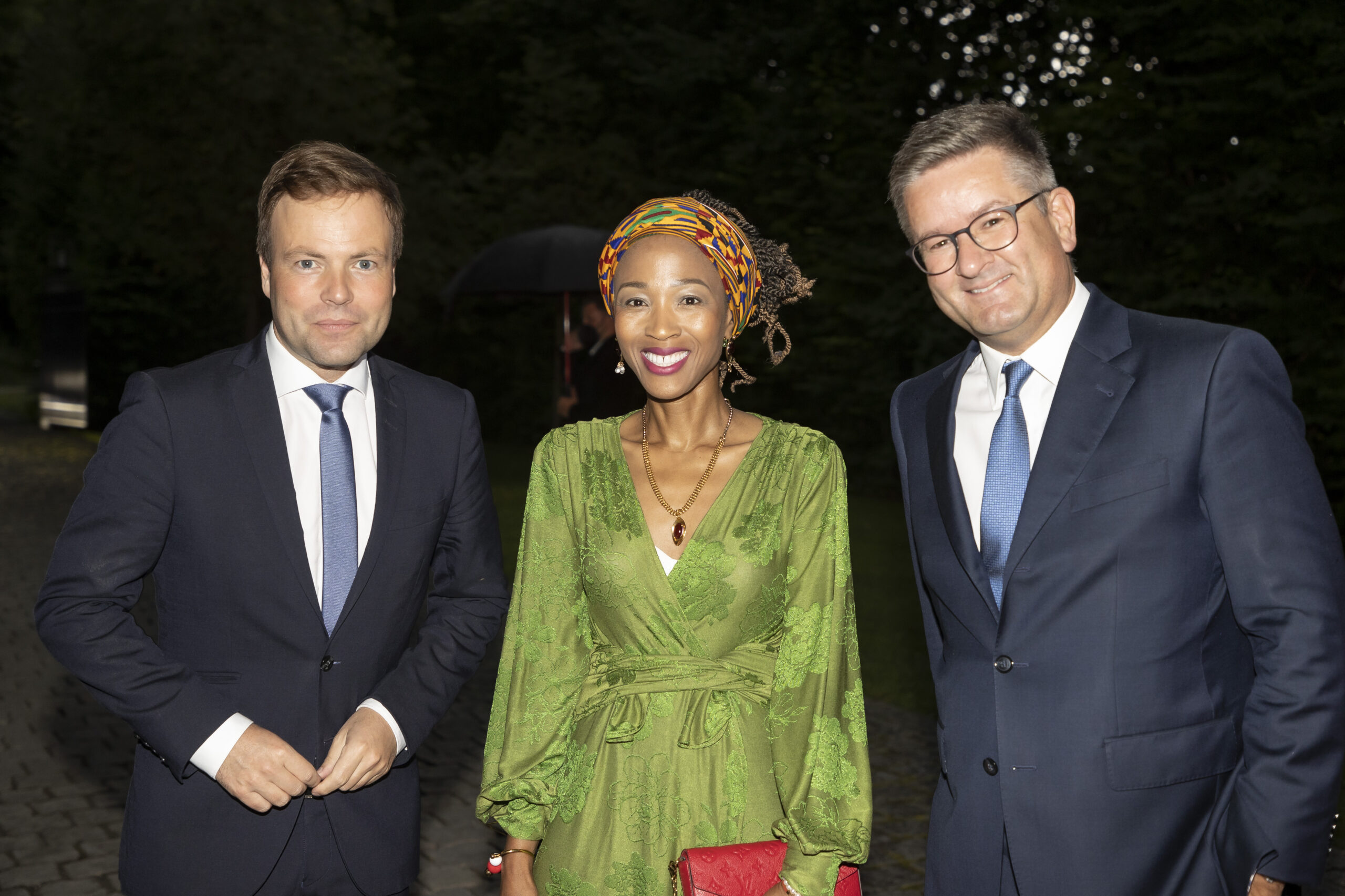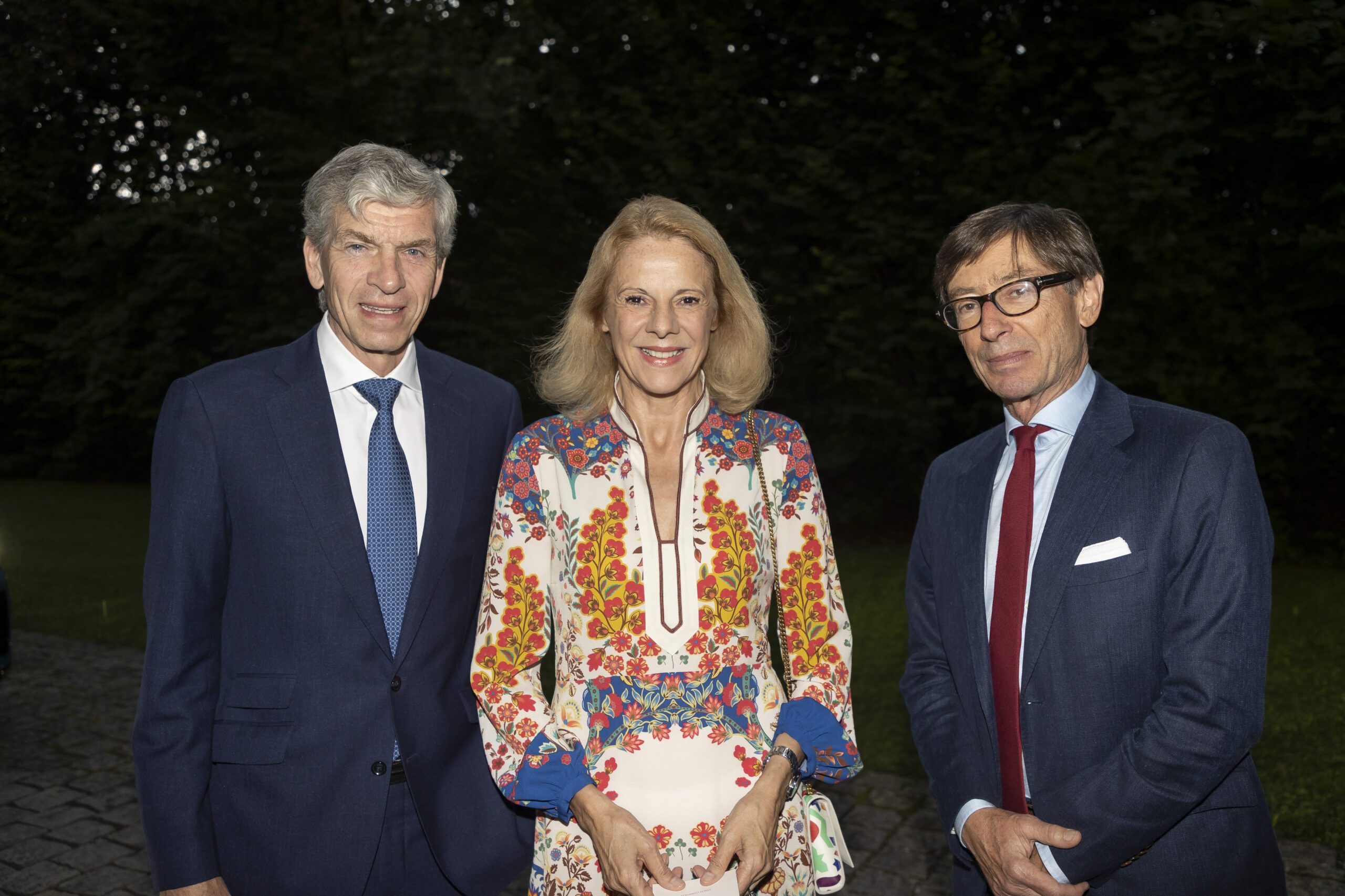CONVOCO! Forum 2022
Convoco! Forum 2022
Equality in an unequal world
Equality in an unequal world
On July 30, 2022, the Convoco Forum “Equality in an Unequal World” took place in Salzburg. A diverse group of participants from across the world discussed the topic at Salzburg Congress with guests from business, academics, politics, and culture.
Convoco founder and chair Corinne Michaela Flick opened the afternoon with an introduction to Convoco’s 2022 topic. She explained that the title “Equality in an Unequal World” was chosen to reflect that diversity and thus inequality are a basic characteristic of humanity. Dr Flick’s speech then addressed various perspectives and manifestations of equality, as well as the tensions that arise as a result. The old idea of equality, she said, must be the central point of orientation for a new global order in the 21st century.
Philosopher Jonathan Wolff picked up on Dr Flick’s thoughts to discuss more deeply the question of what equality we should strive for. In his lecture “Distributive and Social Equality” he subjected the idea of equality of opportunity and the associated concept of “level playing field” to critical scrutiny. The goal of a level playing field, Prof. Wolff explained, defines social life as an arena of competition with a scarcity of opportunities. Instead, we should conceive of and shape society as a place where each person can flourish without reducing the opportunities of others. He argues that it is therefore central that we move away from our focus on material distribution and instead work towards an equality of social relations. What matters, he concluded, is not that everyone has the same, but that all people treat each other with respect and dignity.
In the second talk of the day, “Justice or Just Is? Economics and Inequality,” Raji Jayaraman addressed the question of why economists appear to play only a limited role in public debates about equality. She locates the problem in the fact that economists find it difficult to speak about justice. Justice, however, is a key element in assessing issues such as climate change. For example, the West is responsible for most of the CO2 in our atmosphere, but the Global South suffers most of the consequences. The recognition of this fact is central when it comes to deciding who has to counteract climate change and how.
She emphasized that the empirical tools of economics continue to offer indispensable insights to understand inequality and devise pragmatic solutions. But applied economics must strive to integrate perspectives of ethics into its empirical analyses or risk losing relevance in the eyes of the public.
Following an introduction by Clemens Fuest, the topic of “Neglected Dimensions of Inequality” was discussed on the first panel of the day by Peter M. Huber, Marietta Auer, Jörg Rocholl, Kai A. Konrad, and panel host Wolfgang Schön. The panelists addressed a variety of issues: the relationship between freedom and inequality, the rise of legal obligations of individuals with regards to equality, the role of tournament style competition in society, and the relationship between justice and equality.
The second part of the program was opened by Mathias Risse. His lecture “The World after Empire: On the Role of Trade in Efforts at Making the World More Equal,” focused on the evolution of the global trade system since the end of World War II. According to Prof. Risse, the 1950s, 1960s and 1970s were full of possibilities for a just global trade order. However, these possibilities were never realized and have been almost completely forgotten in our neoliberal era.
Globalization today primarily benefits wealthy nations. But if the wealth created through trade is not distributed fairly, dangerous political consequences follow: political populism takes hold and international organizations fall apart. In Prof. Risse’s view, we therefore need a fairer global economic order and a reformation of institutions such as the World Trade Organization in order to realize the potential of trade for more equality.
In the subsequent lecture “Cold War 2.0? Scenarios for the World of Tomorrow,” Peter Wittig addressed the geopolitical transformation of the world in response to the war in Ukraine. He concluded that the world is in a dangerous intermediate phase, a multipolar world, in which the great powers are struggling to establish a new order. We should therefore expect a plurality of parallel orders: in the military and security sphere a continued dominance of the U.S., in the economic sphere increasing multipolarity, in the technological sphere competition between the U.S. and China, and in the climate sphere a multi-stakeholder order. The future remains unpredictable, not least because the fate of the international order is determined not only by structural factors, but also by individual personalities such as Vladimir Putin, Xi Jinping, or Joe Biden.
Before the second panel of the day “The Consequences of the War in Ukraine,” Convoco welcomed Alexander Rodnyansky, advisor to Ukrainian President Volodymyr Zelenskyy, for a statement on the war in Ukraine. He appealed to Europeans not to lose sight of the situation in Ukraine, however unpleasant this may be. Because otherwise, he said, Europe risks misjudging the true nature of the Russian regime once again. “Then you endanger not only the future of Ukraine, but also the peace and prosperity of Europe,” he concluded.
Monika Schnitzer, Sven Simon, Claudia Wiesner, Jörn Leonhard, and panel host Gabriel Felbermayr then took to the stage to discuss international and national consequences of the conflict. The topics debated include Europe’s role and effectiveness in supporting Ukraine, the economic effects of sanctions, and the resilience of democratic societies in the West. Whether the invasion of Ukraine represents a critical turning point in modern times can probably only be answered in retrospect, so the panelists. What is clear, however, is that Europe is confronted with an extraordinary combination of various crises either created or exacerbated by the war in Ukraine. The potential for upheaval within many societies is increasing.
The CONVOCO! Art Conversation was the closing event of the program. Hans Ulrich Obrist spoke with architect and Pritzker Prize winner Diébédo Francis Kéré about the latter’s sustainable and community-oriented architecture.
At the end of the evening Corinne Flick invited participants and guests to the Gallery Thaddaeus Ropac. In the rooms of the Sean Scully exhibition, Burgtheater actress Mavie Hörbiger read “texts by women about women”.


